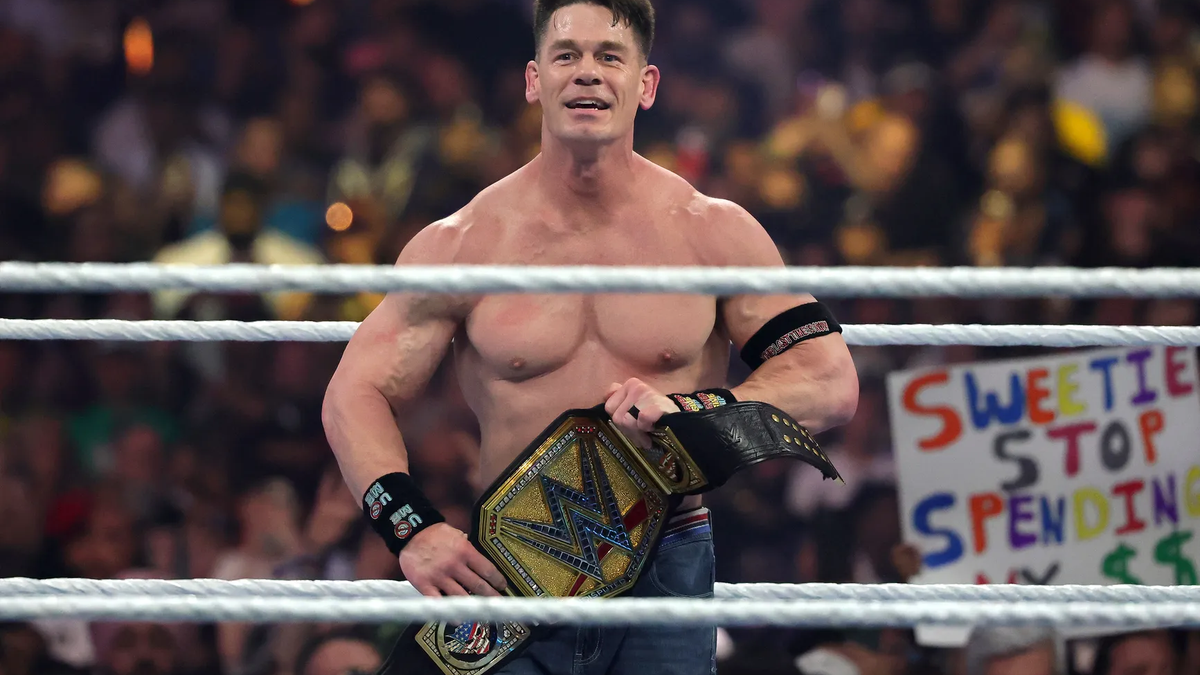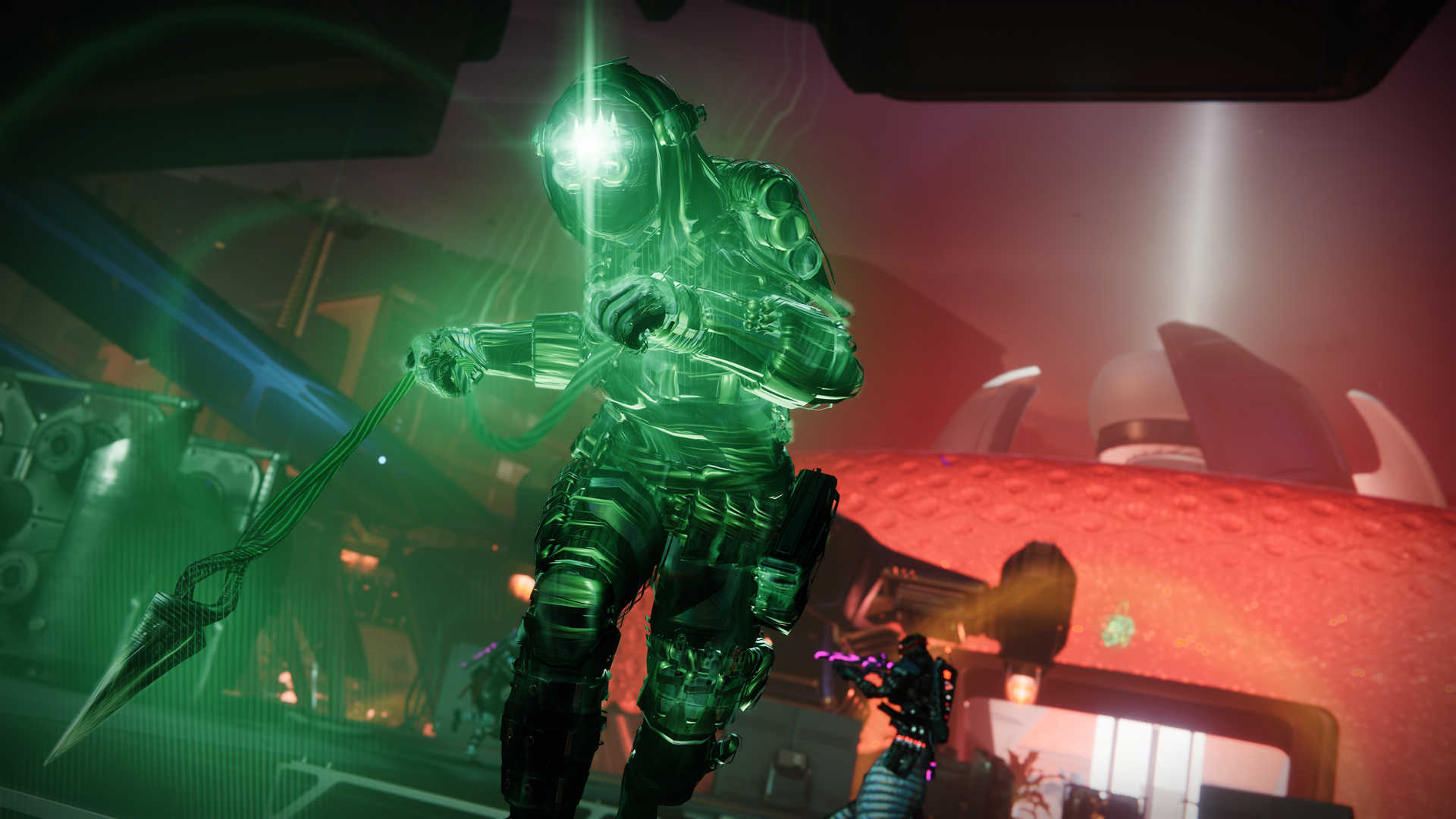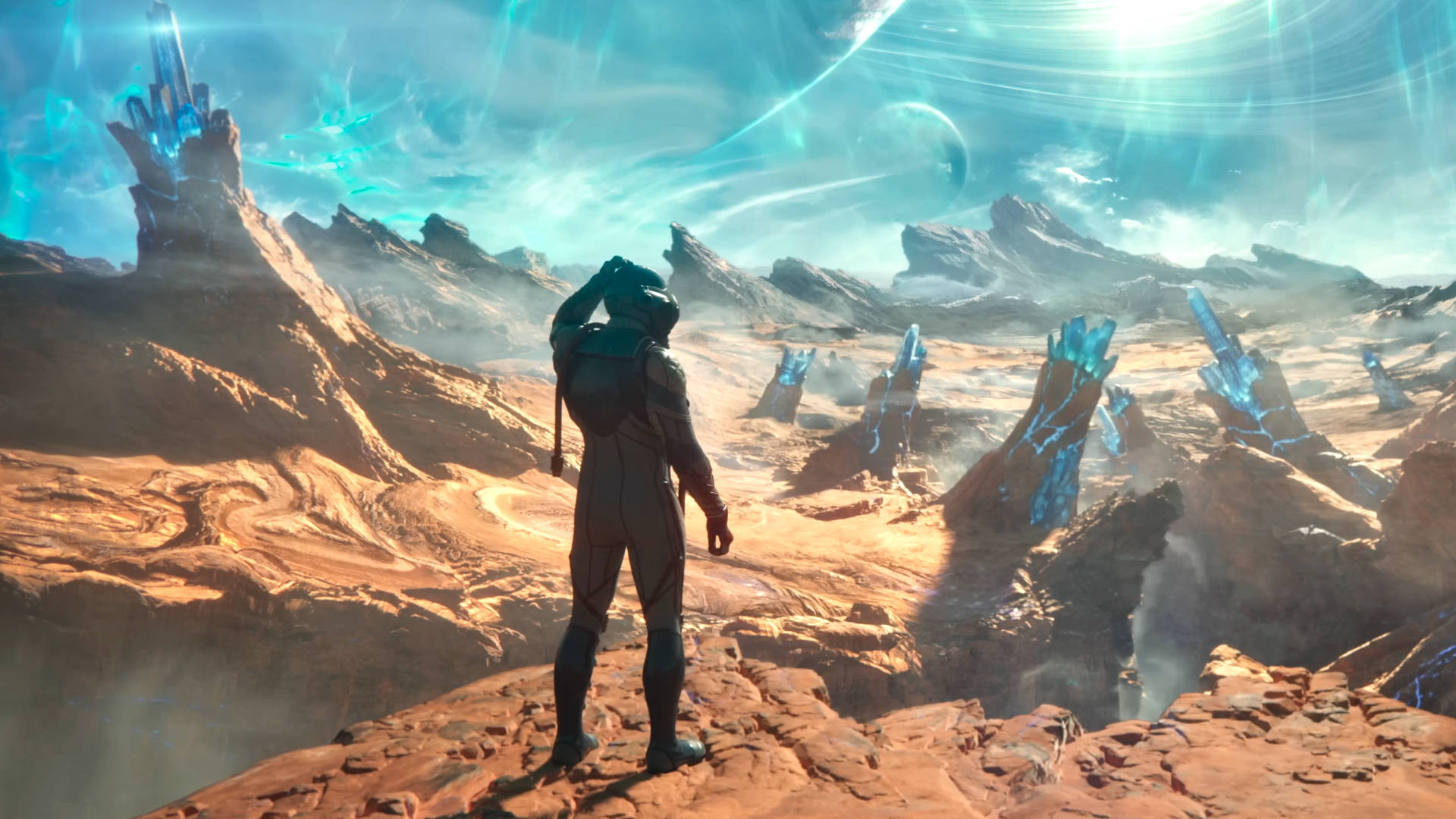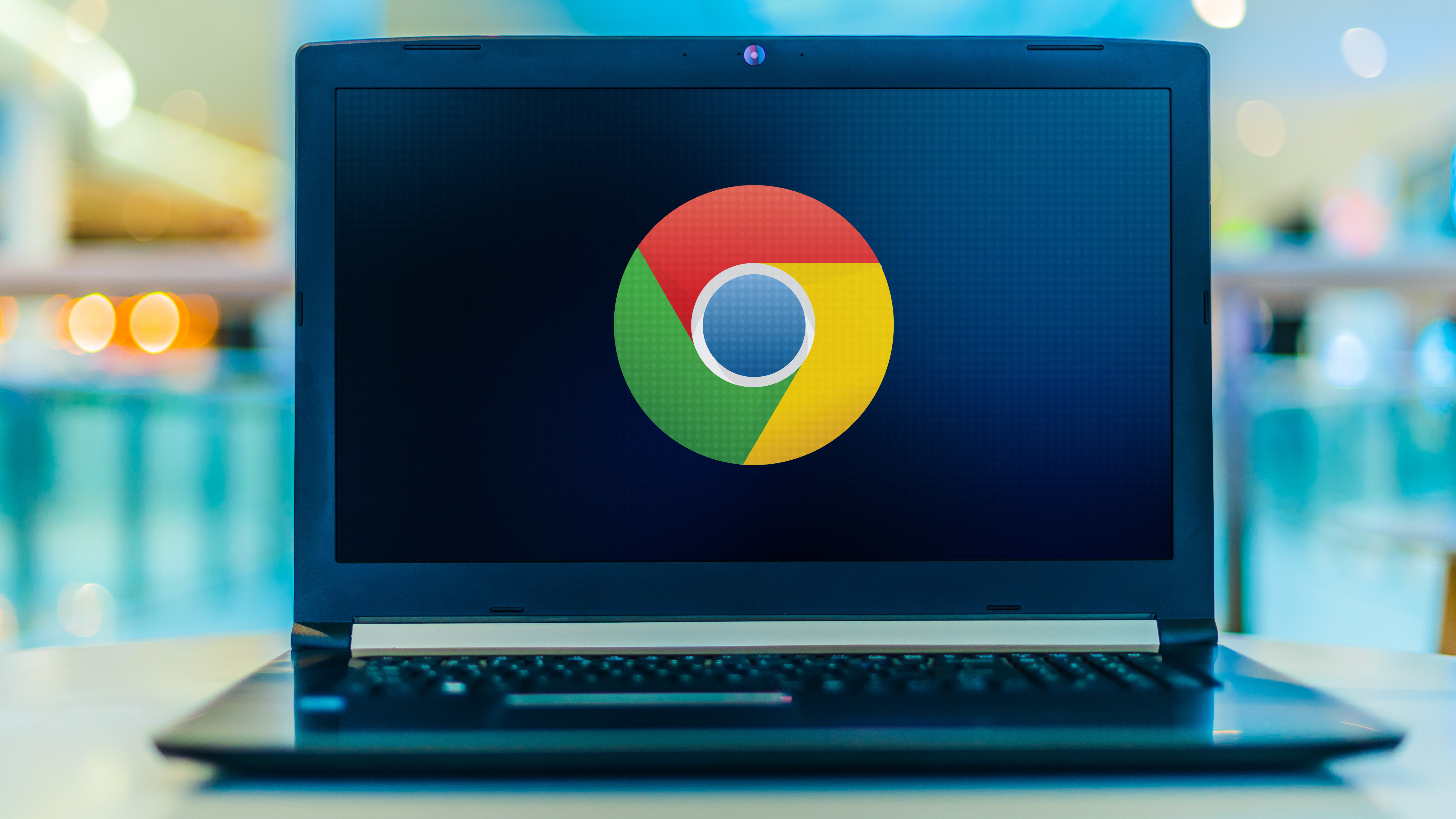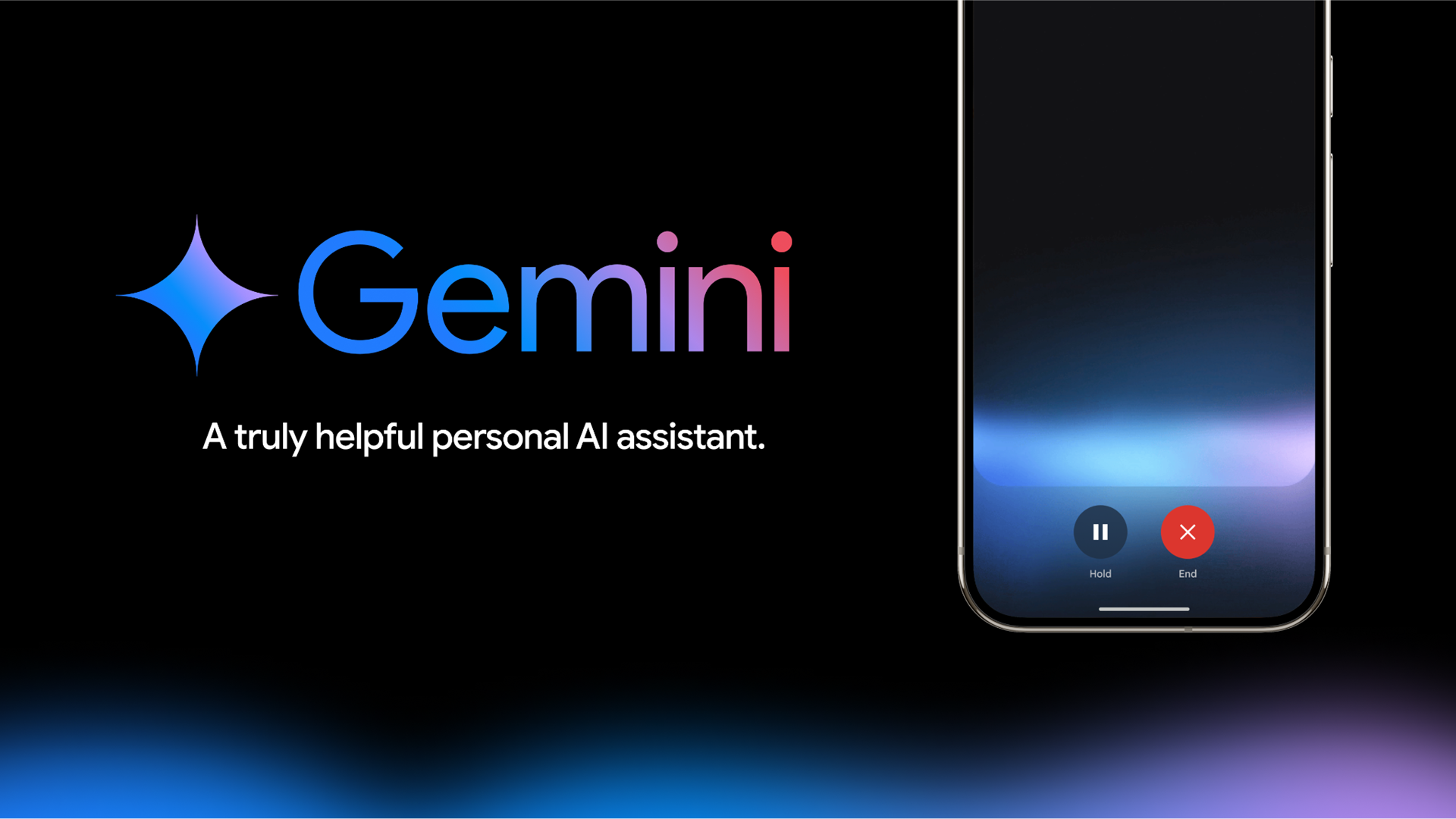The Oscars’ new AI rule provides a tentative green light for generative tech in movies
The Academy's new rule changes will see voters watch every eligible movie and the new casting category will have 10 nominees – but we're still uncertain how AI will be treated at the Oscars.
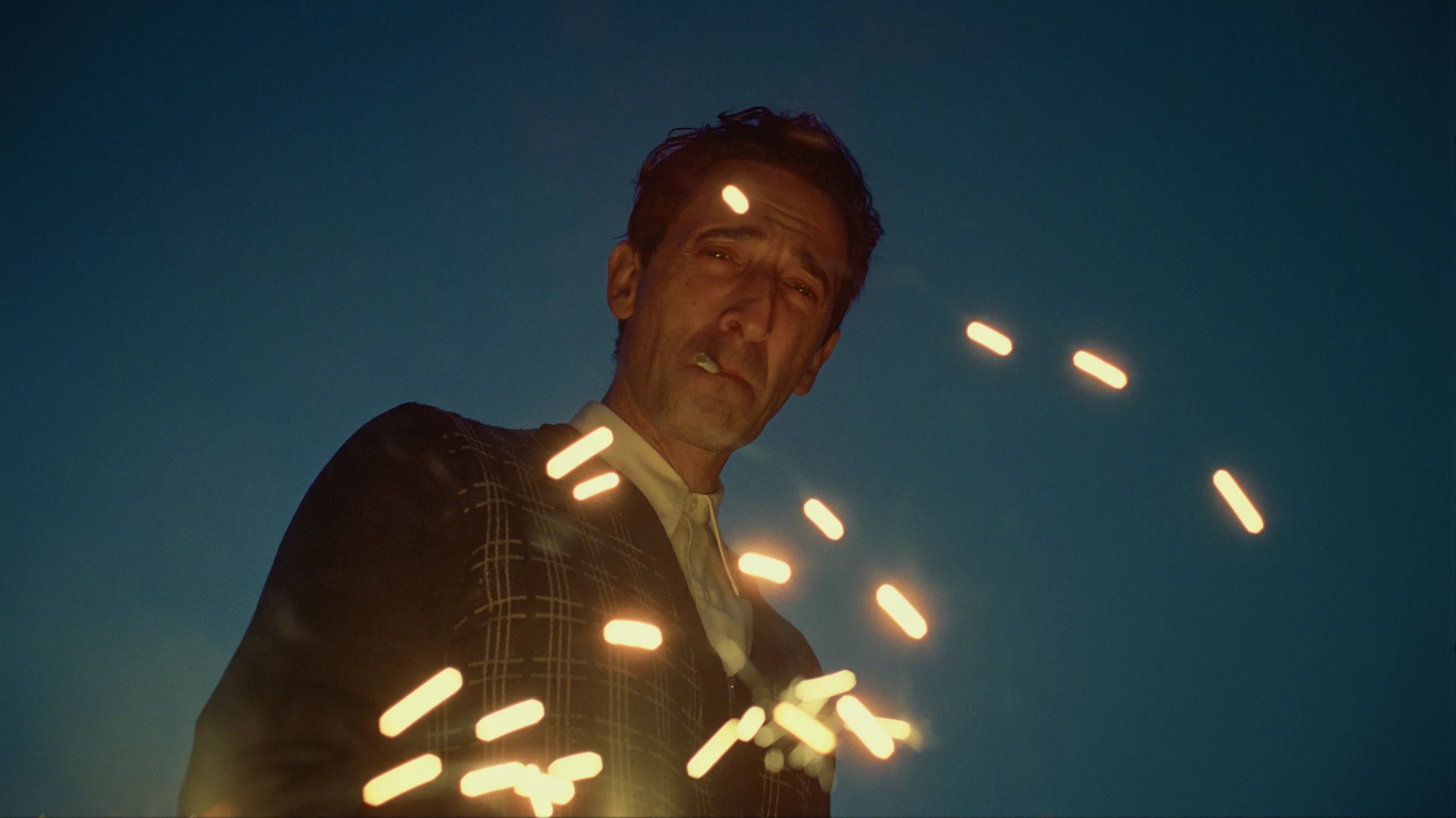
Ahead of the 98th Oscars ceremony, scheduled for March 2026, the Academy of Motion Picture Arts and Sciences has made its first official rule regarding the use of generative AI in films.
This follows a controversial 2024 season that saw Best Picture finalist The Brutalist (and, to a lesser extent, co-nominee Emilia Perez) come under fire for its use of AI to alter actor performances and create architectural drawings.
As recommended by the Academy’s Science and Technology Council, this new rule states:
"With regard to Generative Artificial Intelligence and other digital tools used in the making of the film, the tools neither help nor harm the chances of achieving a nomination. The Academy and each branch will judge the achievement, taking into account the degree to which a human was at the heart of the creative authorship when choosing which movie to award."
The new guidelines come alongside three other notable rule changes and additions:
- The Academy has established its first official rule on generative AI
- The organisation says its use will "neither help nor harm the chances" of a film achieving an Oscar nomination
- While arguably the safest position, it leaves the door open to further controversies
- Academy members must now watch all nominated films in each category to be eligible to vote in the final round for the Oscars.
- The new Achievement in Casting award will be awarded from 10 nominees.
- Countries will be able to nominate films that were creatively controlled by “citizens, residents, or individuals with refugee or asylum status”.
The price of perfection
Faced with the choice to take a stand against generative AI or allow its controlled use, the Academy has landed on a rule that is decidedly neutral and does little to change the current status quo.
While the Academy taking the safe route is hardly surprising, it arguably ignores Hollywood’s history of always being at the forefront of embracing new technology – and at a time when the use of AI in filmmaking is becoming increasingly common.
It’s not the first instance of film critics and commentators coming out swinging against AI. 2023's Late Night with the Devil was condemned by some for its use of AI to generate a handful of still images that only appeared onscreen for a few seconds, but while it was one of the year’s best horror films it was perhaps no huge surprise that it didn’t receive any Oscar nominations – horror films rarely do.
Conversely, a more serious historical drama based on a true story, such as The Brutalist, was sure to receive attention from the Academy, putting extra eyes on its use of AI.
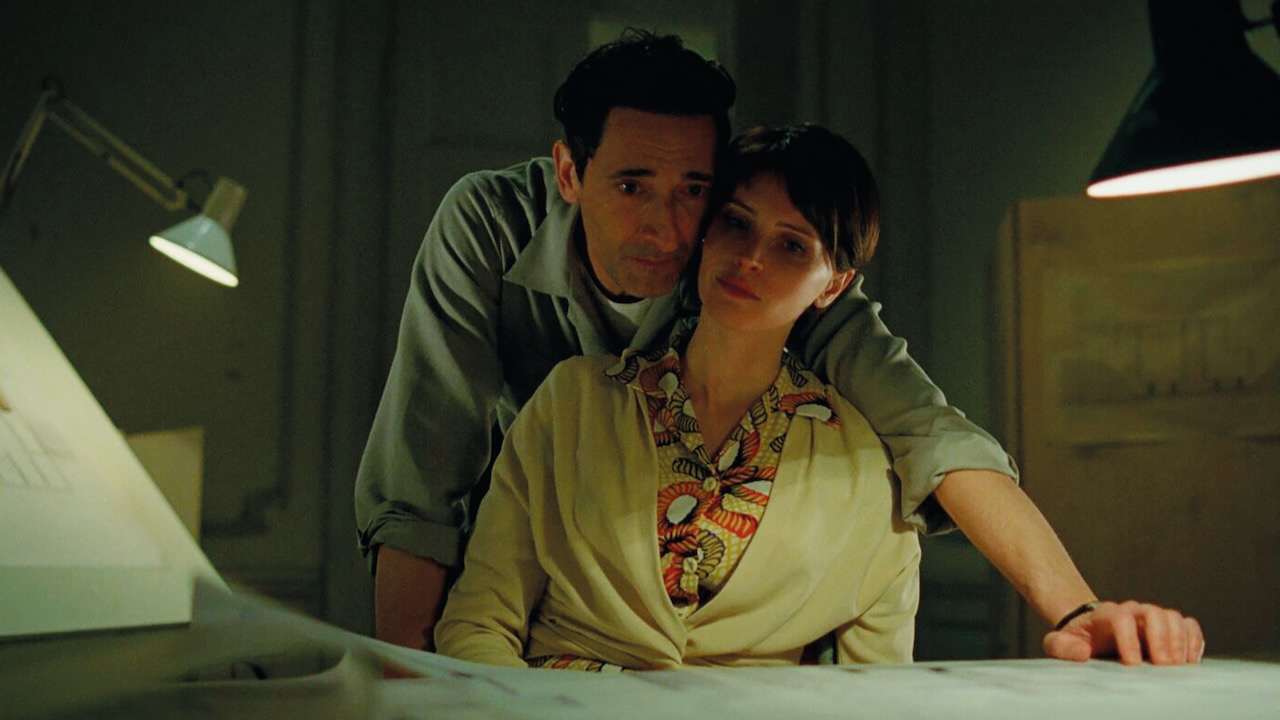
While it received 10 Oscar nominations, it’s hard not to feel that the film’s chances at winning Best Picture (which it ultimately lost to Anora) were unfairly tarnished due to its use of AI – although the fact that Adrien Brody went on to win Best Actor for his role in the film does somewhat undermine that notion.
That's because Brody’s AI-enhanced performance is at the centre of the backlash this film has received. Unlike French, English or Australian accents, which have all been poorly performed too many times to count, Hungarian vowel sounds are reportedly notoriously difficult – even for Brody, whose mother is Hungarian.
So, while Brody and co-star Felicity Jones tried their best to offer an authentic accent during filming, with the actors’ permission editor Dávid Jancsó ultimately opted for an AI tool to achieve perfection.
Whether Brody’s win hinged on that enhancement is impossible to say, but it's clear Academy voters were happy with this particular trade-off.
Where do we draw the line?
AI isn't going away anytime soon, and in certain ways – like the voice enhancement in The Brutalist and Emilia Perez – it offers a subtle enhancement to the authenticity of an actor’s performance.
That doesn't necessarily make its use right, though. One could argue that an actor shouldn't be cast if their singing isn't up to par for a musical.
If authentic Hungarian is a must, maybe hire a Hungarian actor – or, if you need the starpower of an Adrien Brody, perhaps audiences would favor the earnestness of an actor's performance versus technical accuracy.
Hollywood workers have made no secret of their worries surrounding AI and its potential impact on jobs. The use of AI in the writing process was one of the biggest issues raised during the 2023 Writers Strike.
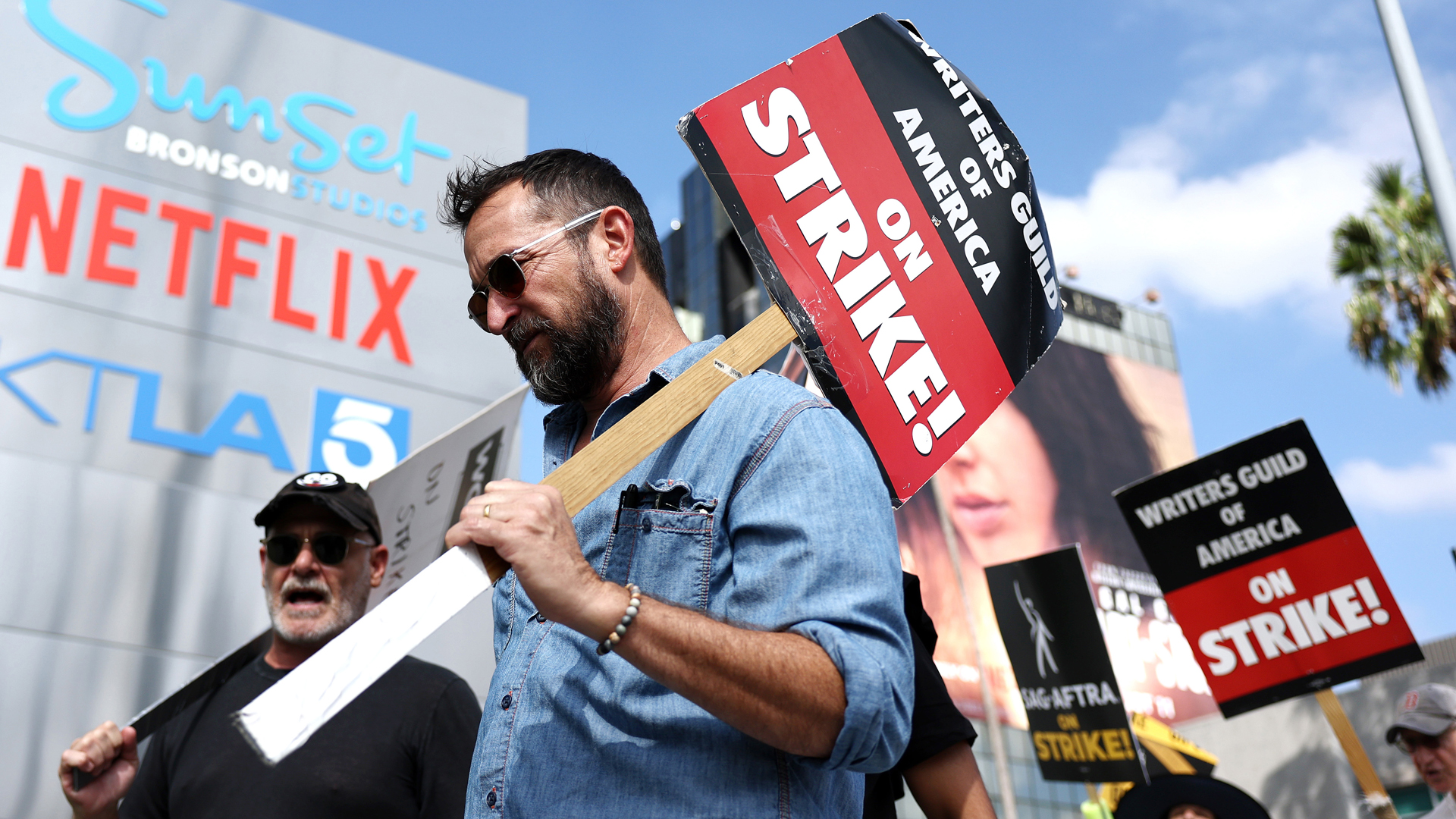
It undoubtedly would have sent a powerful message if the Academy barred the use of AI in films outright, but that's honestly an unrealistic expectation in 2025.
But, while it's pleasing to see the Academy taking into account "the degree to which a human was at the heart of the creative authorship", it’s hardly a clear, measurable rule for how AI can and can't be used – and leaves the door open to future controversies.
AI won't be going away anytime soon – but as much as you can expect it to pop up more, we’ll undoubtedly see more films carrying disclaimers that proudly state no AI was used in their production, as found in the end-credits of Hugh Grant's horror outing Heretic.
The Academy may have pushed the problem under the carpet, but with AI’s growing influence it's unlikely we've seen the last rule change.




















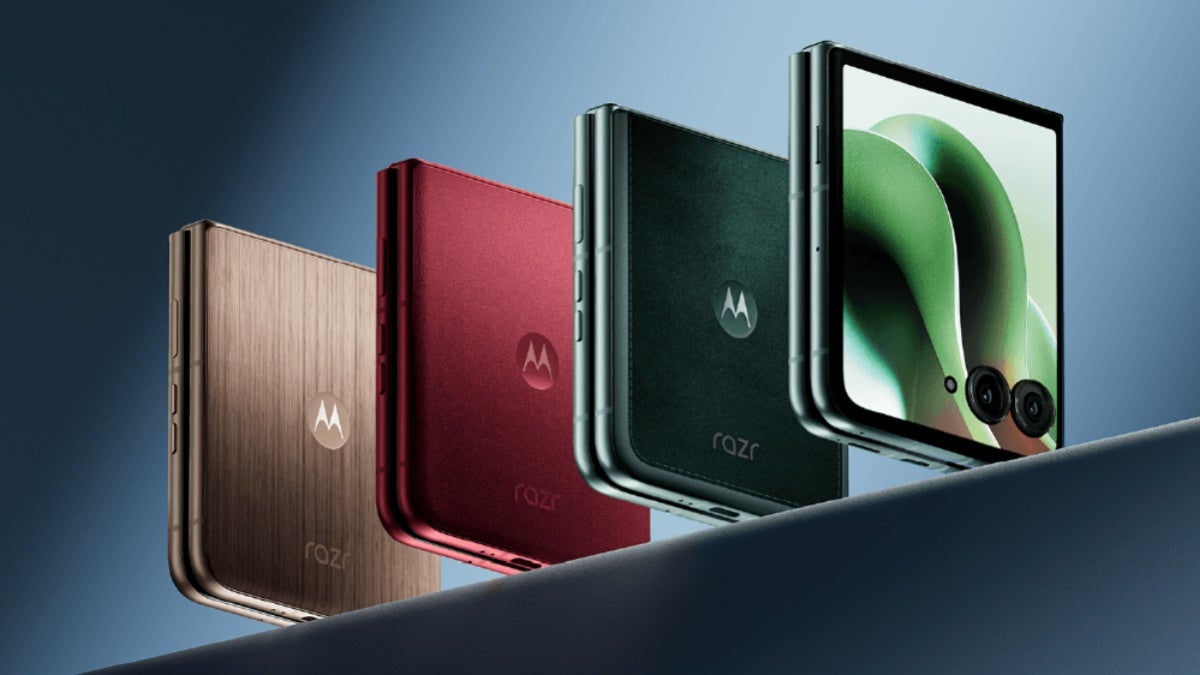


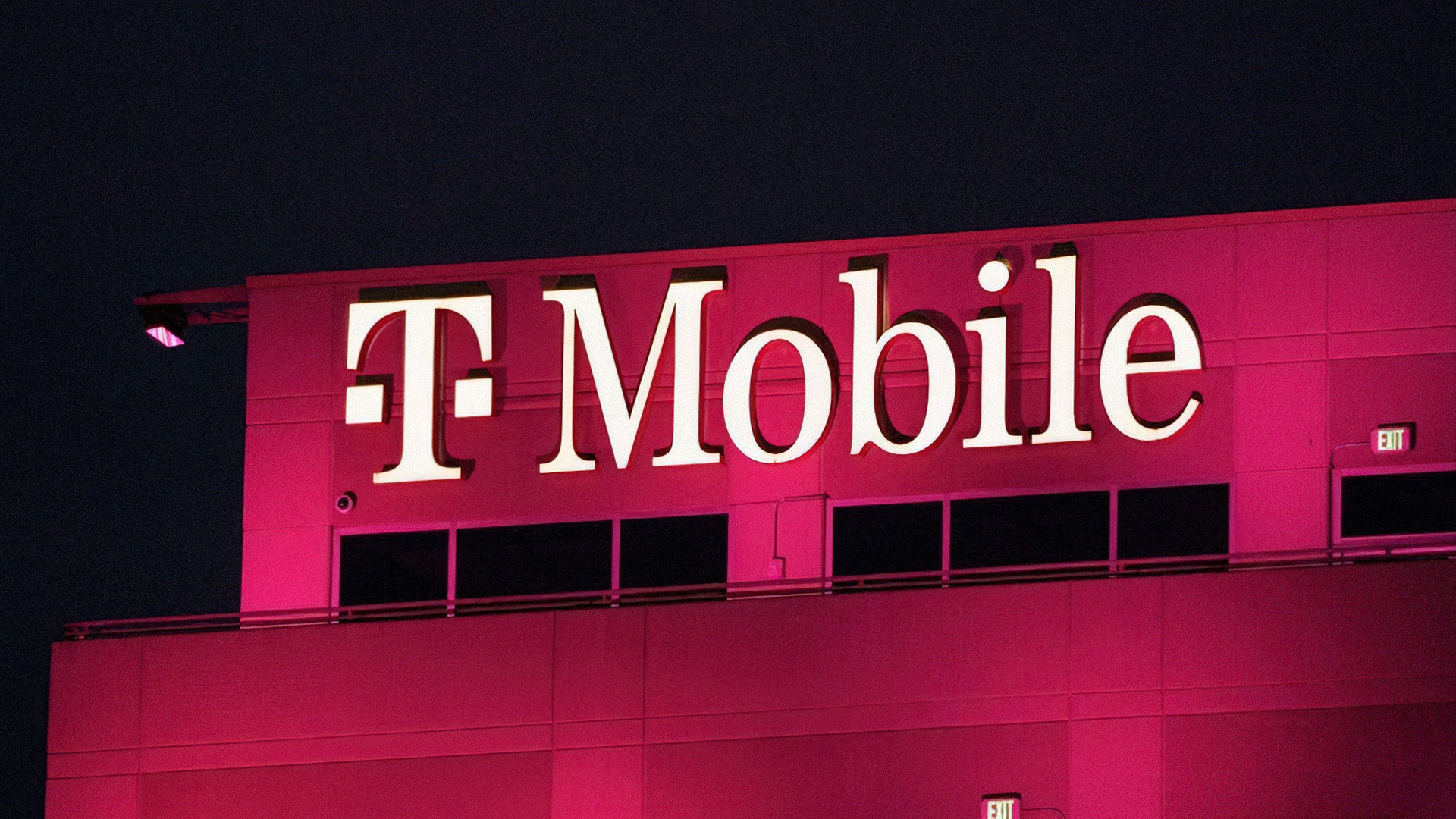





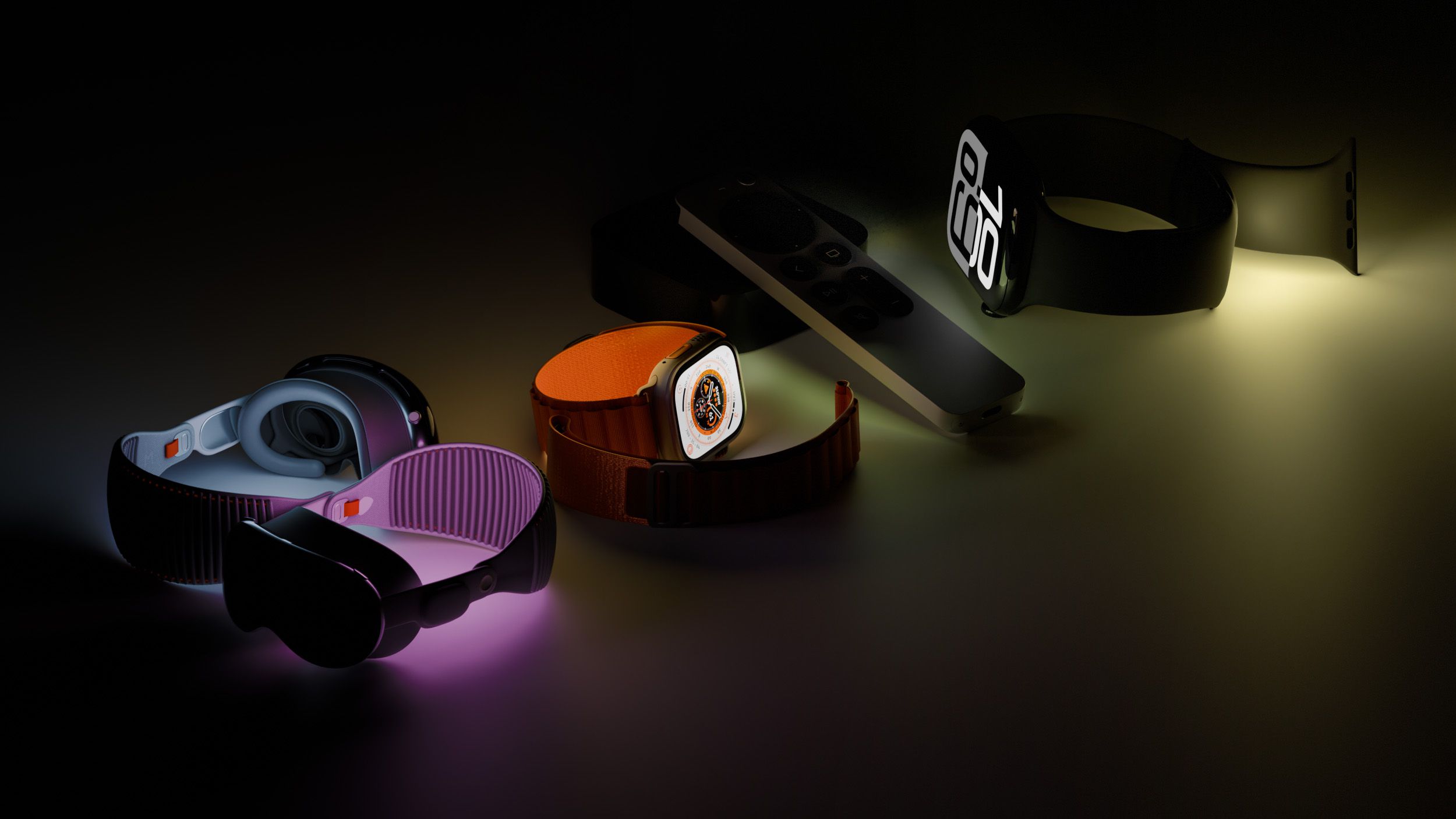














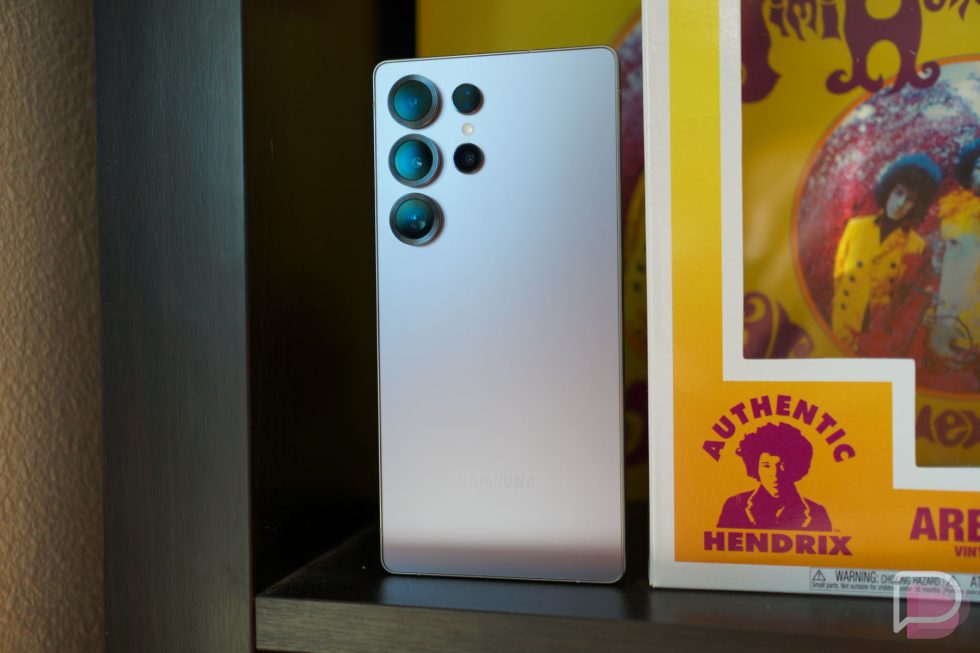
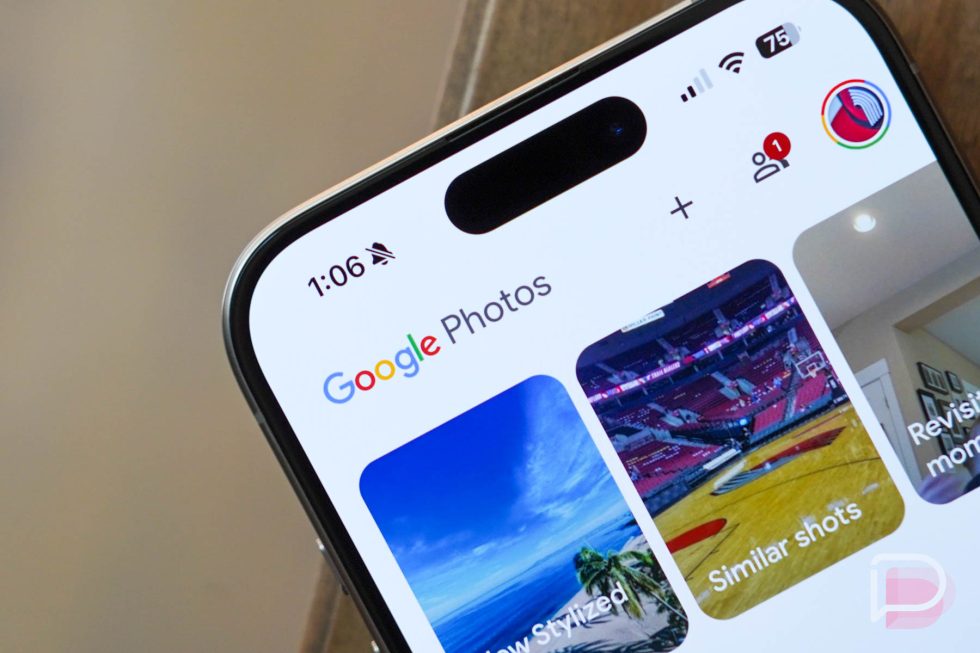
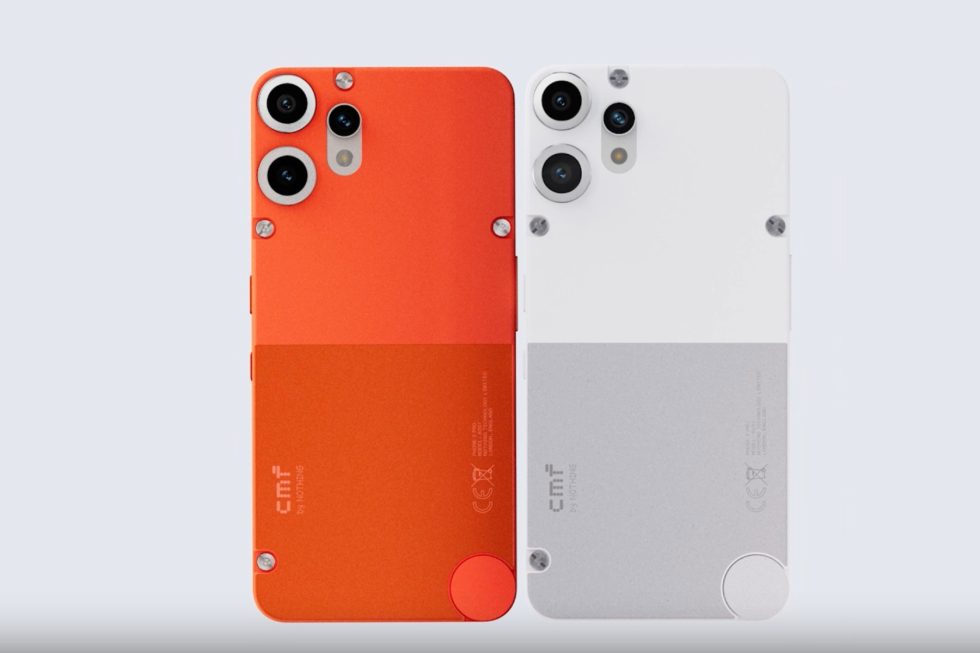
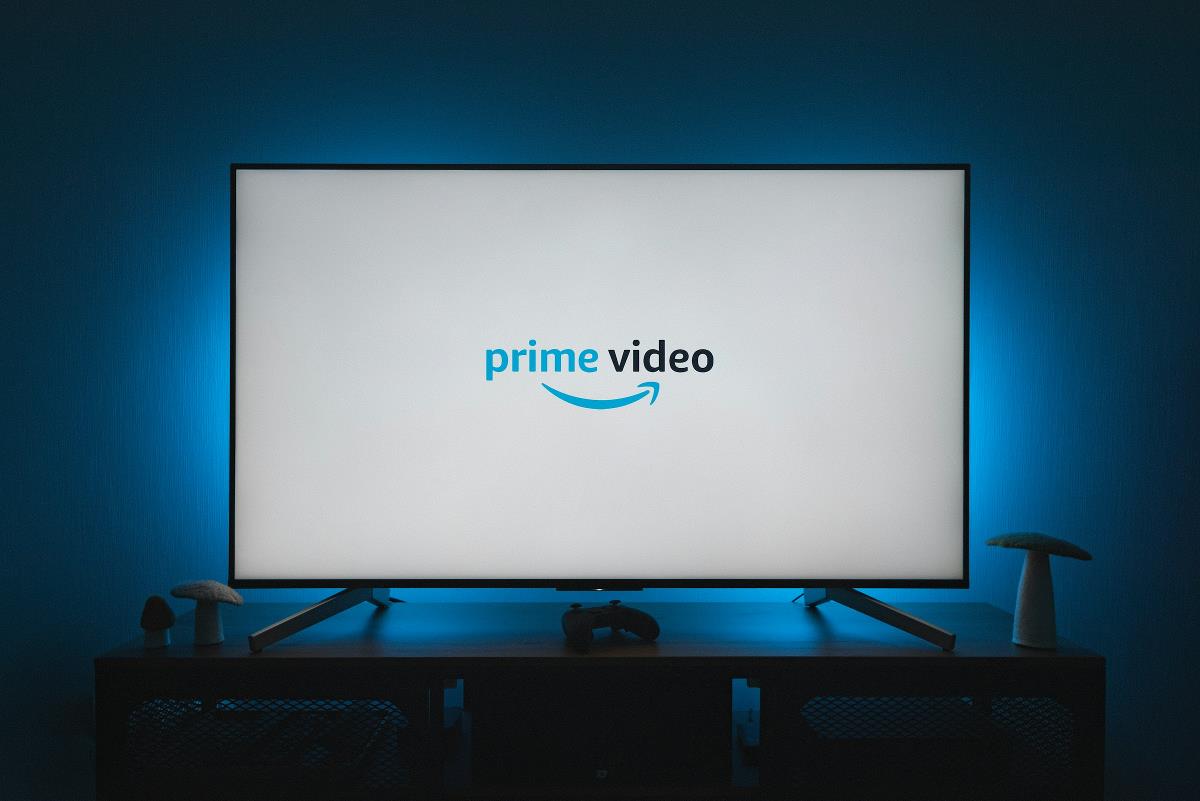

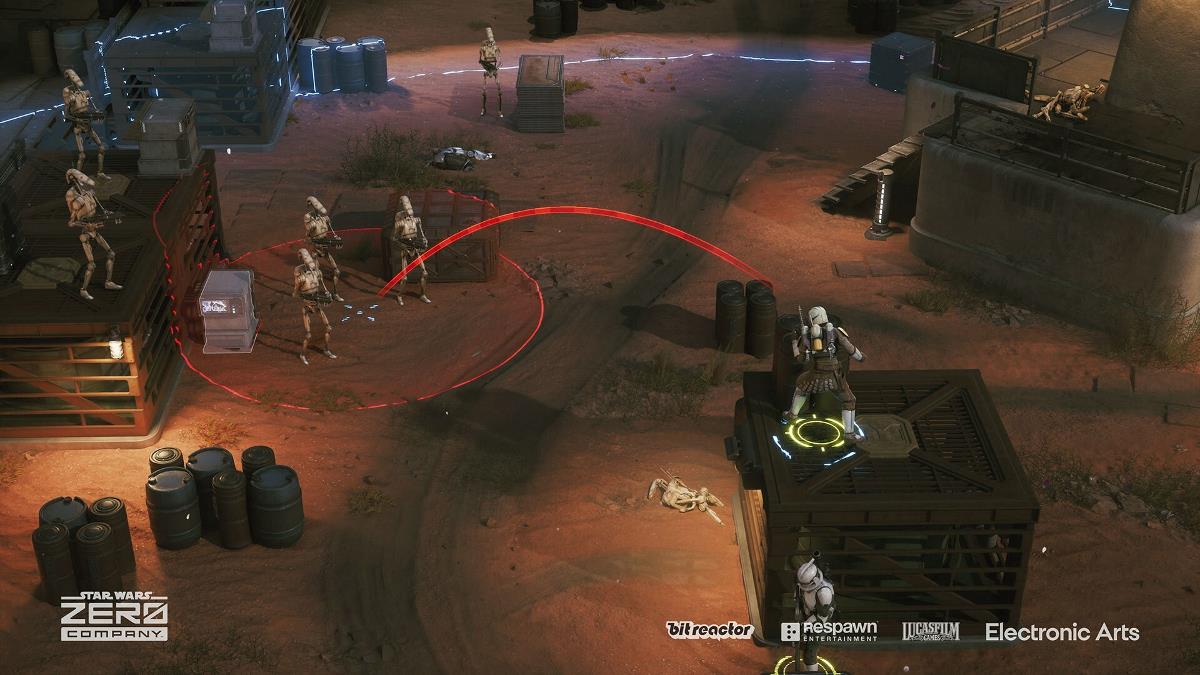
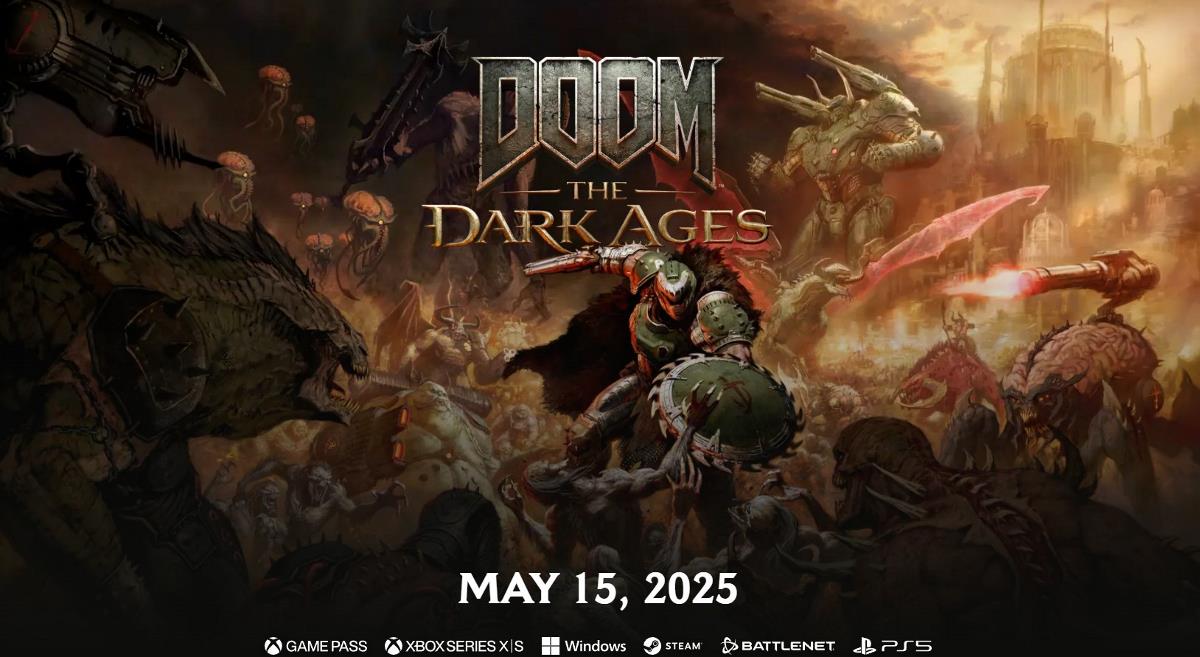
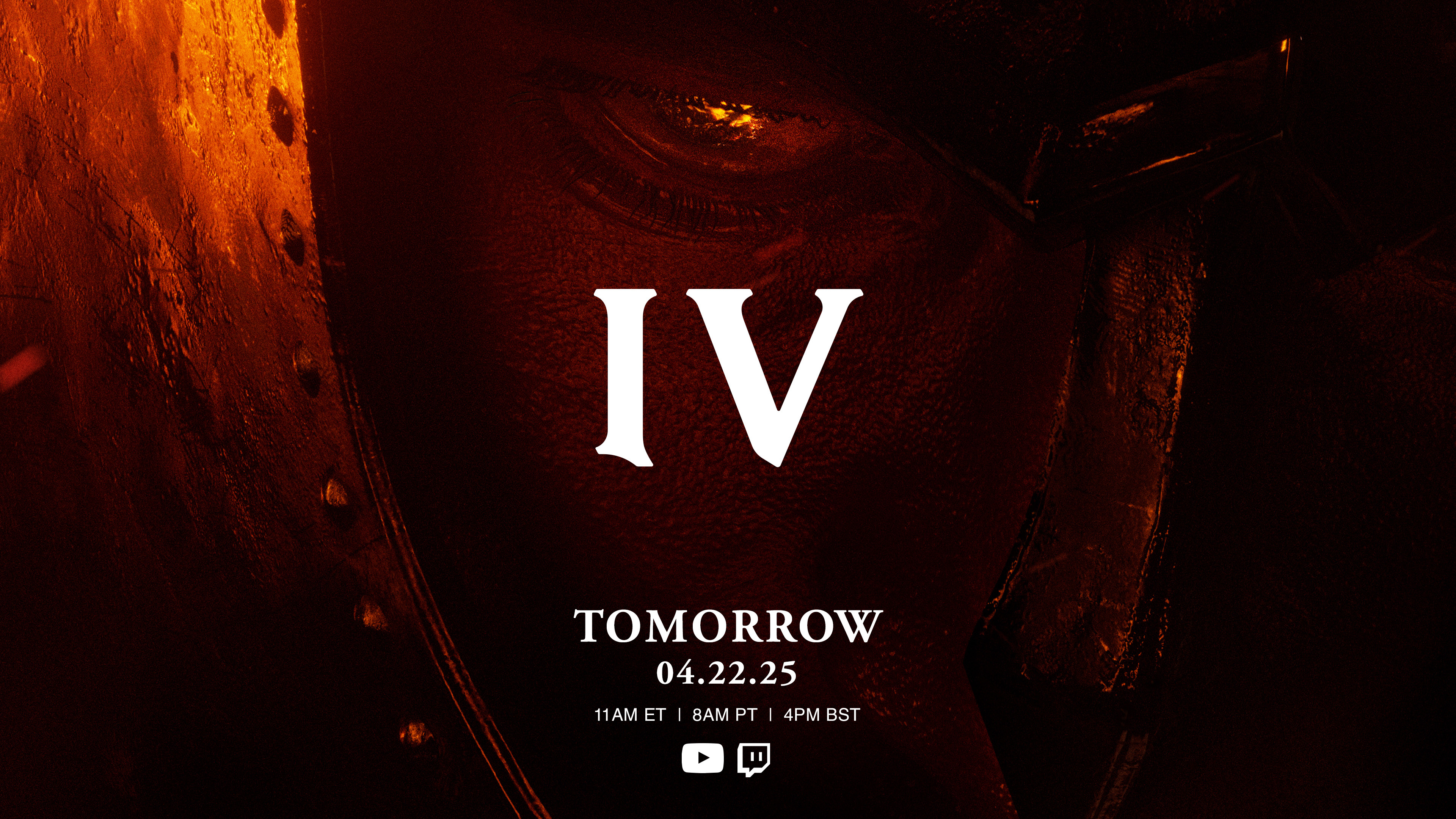
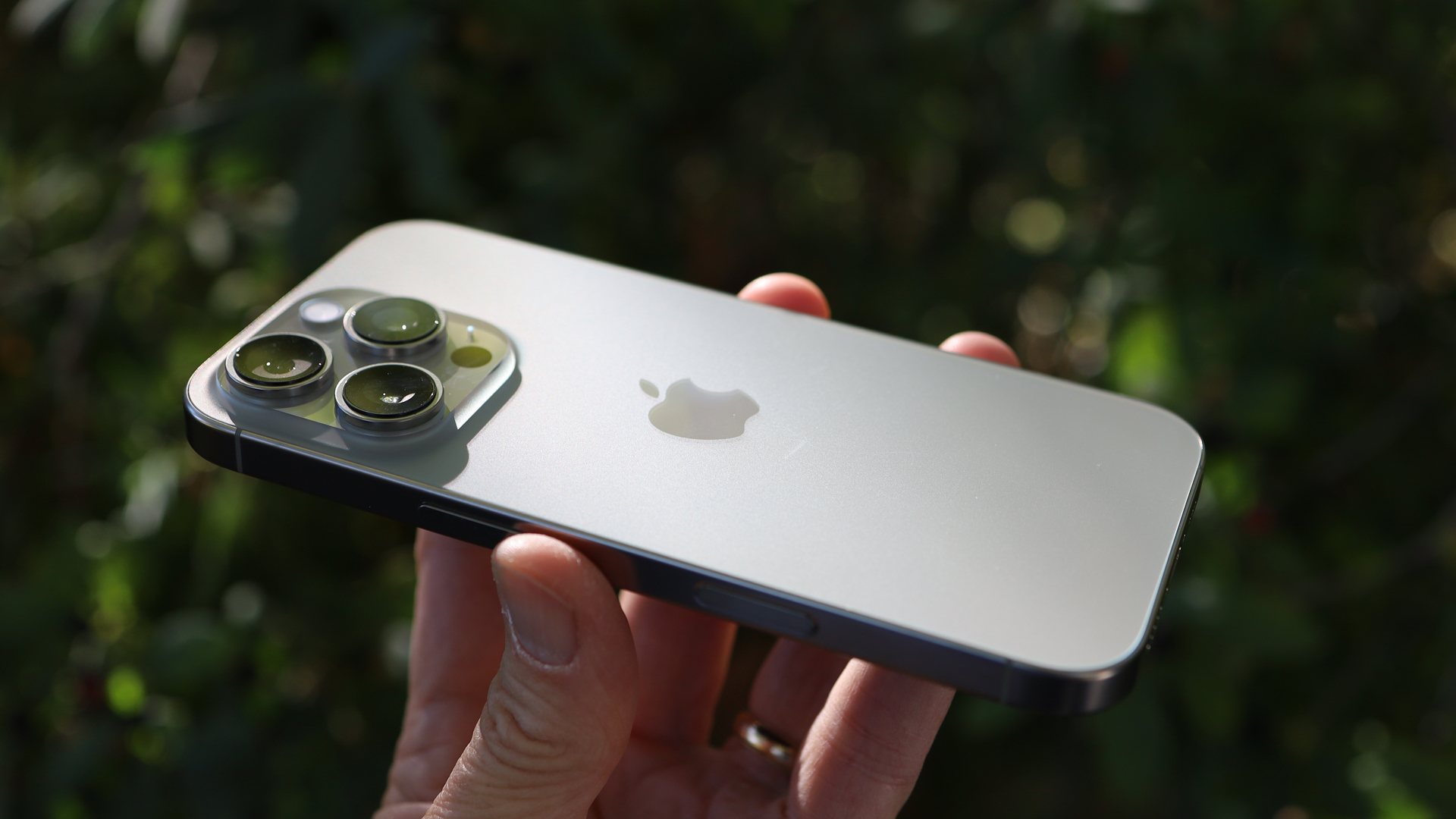

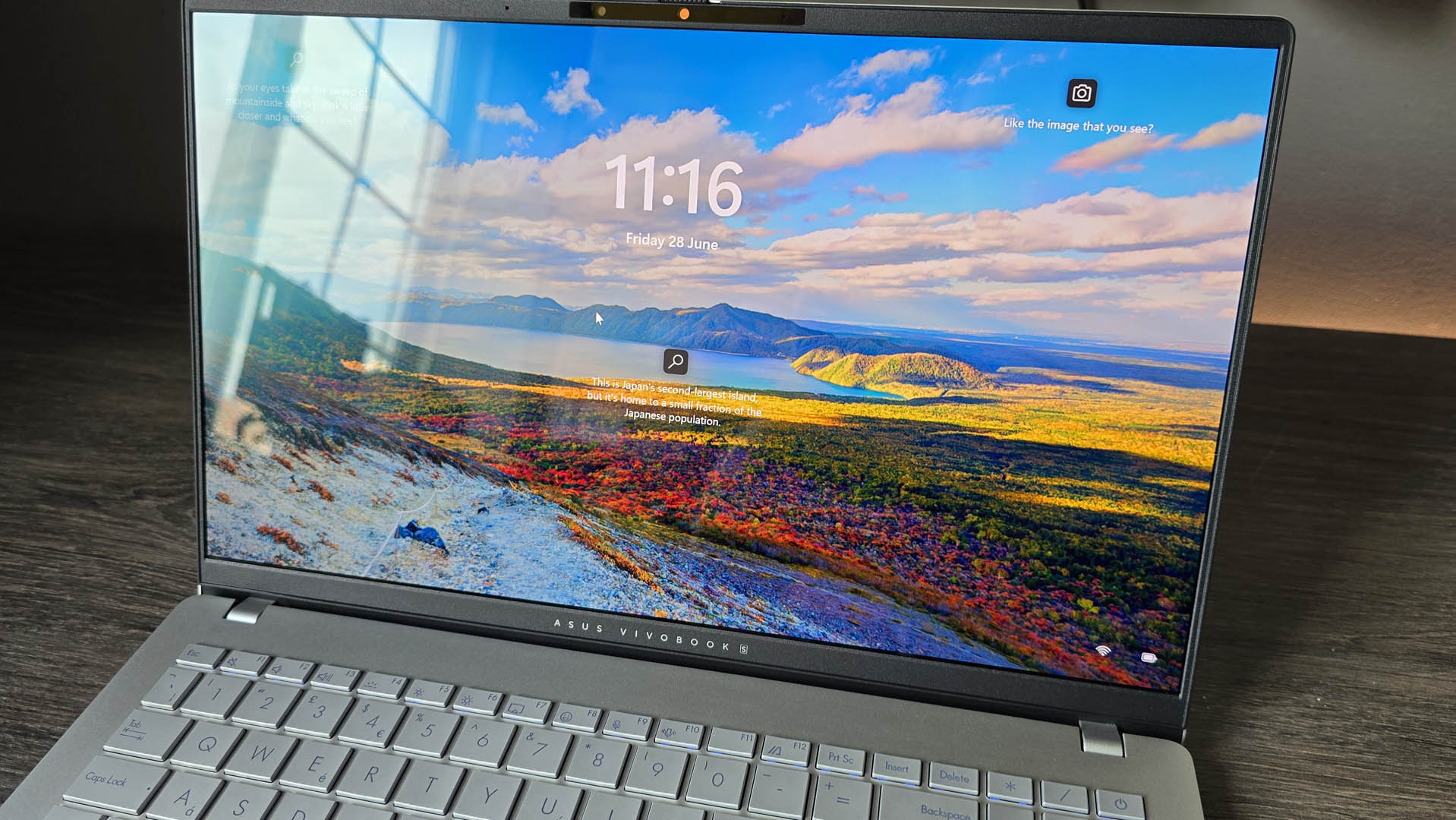

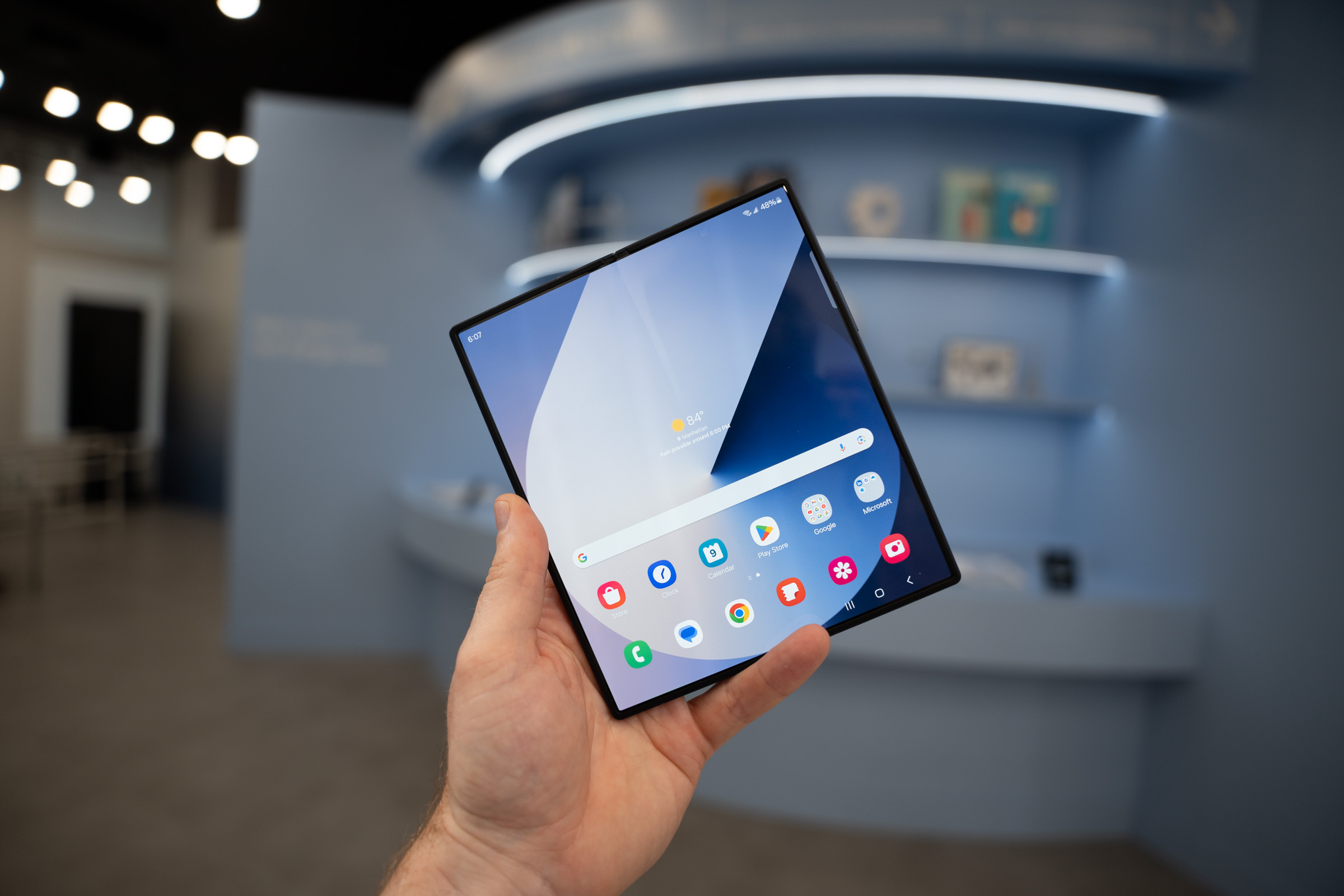
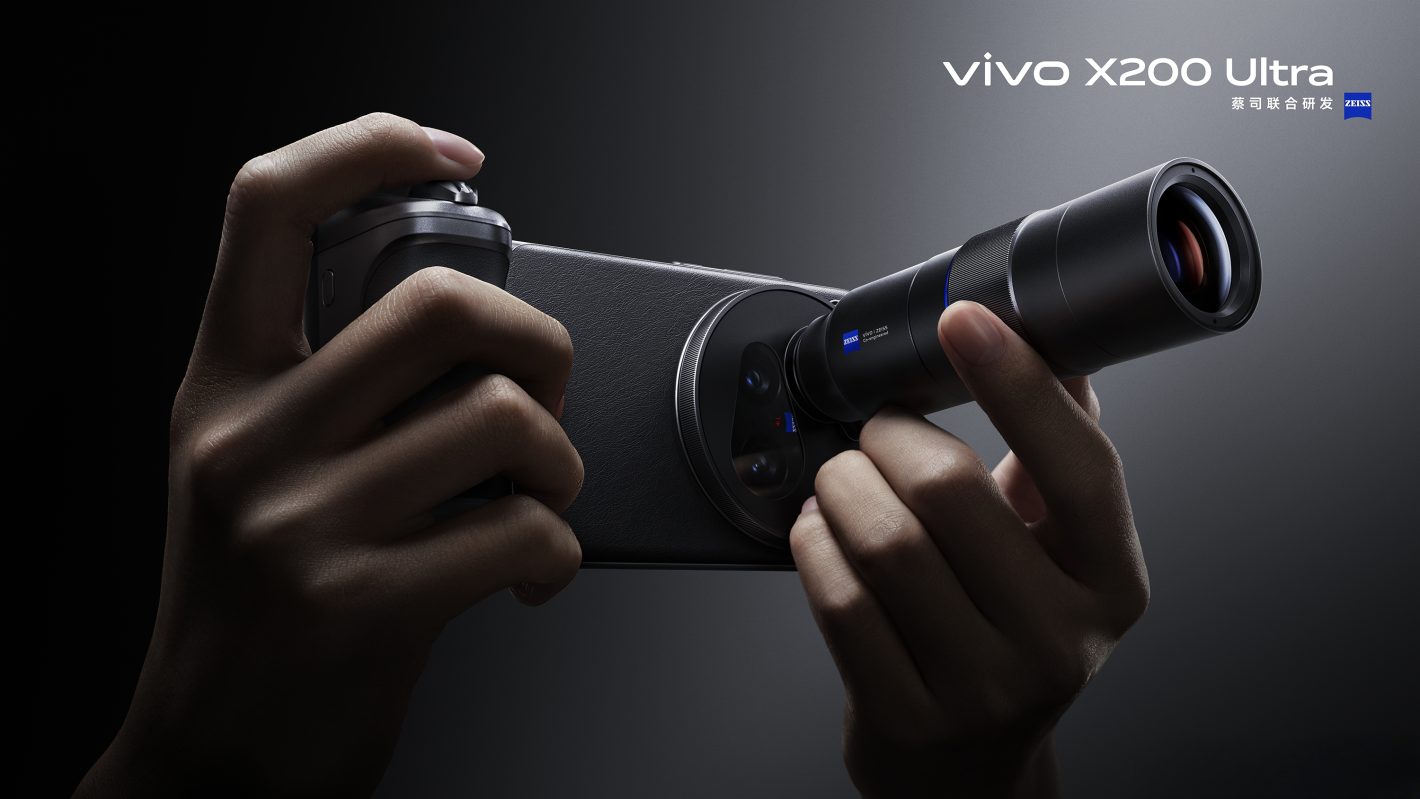








![Apple Releases iOS 18.5 Beta 3 and iPadOS 18.5 Beta 3 [Download]](https://www.iclarified.com/images/news/97076/97076/97076-640.jpg)
![Apple Seeds visionOS 2.5 Beta 3 to Developers [Download]](https://www.iclarified.com/images/news/97077/97077/97077-640.jpg)
![Apple Seeds tvOS 18.5 Beta 3 to Developers [Download]](https://www.iclarified.com/images/news/97078/97078/97078-640.jpg)
![Apple Seeds watchOS 11.5 Beta 3 to Developers [Download]](https://www.iclarified.com/images/news/97079/97079/97079-640.jpg)
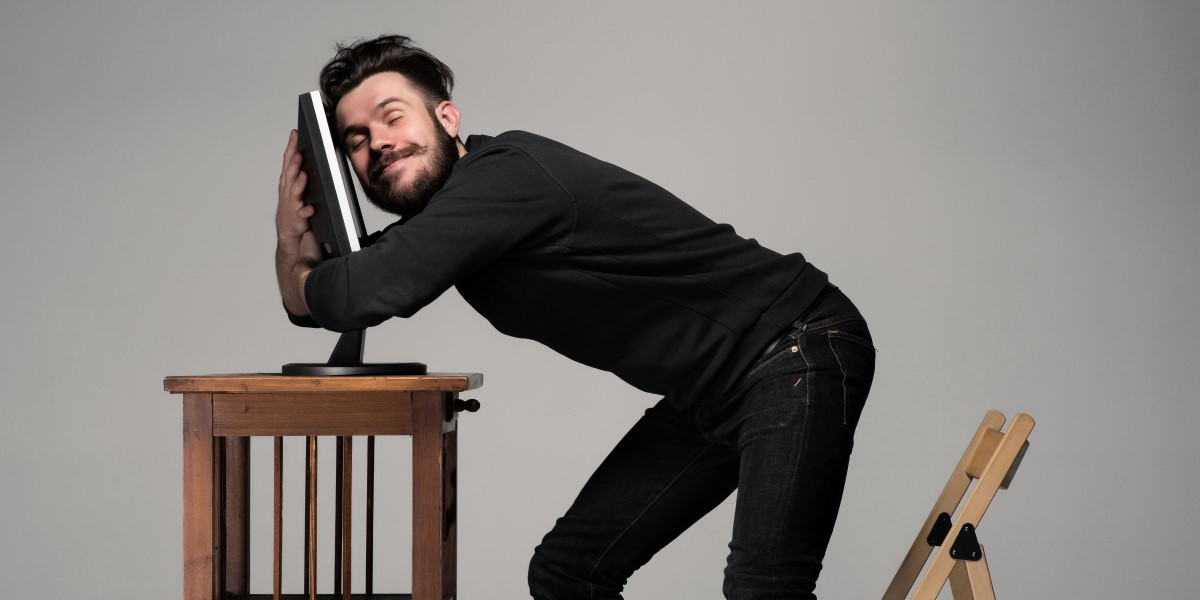

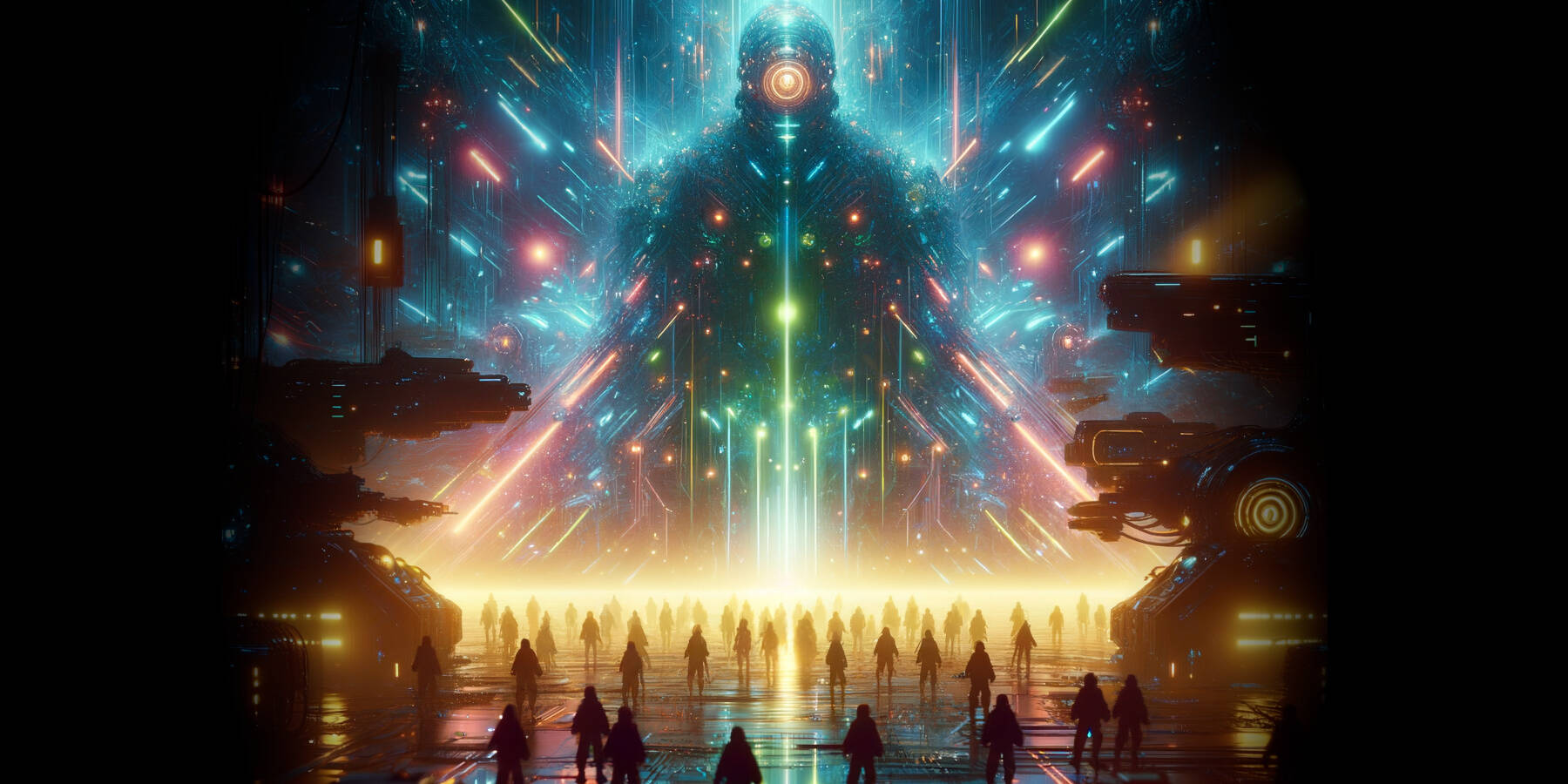
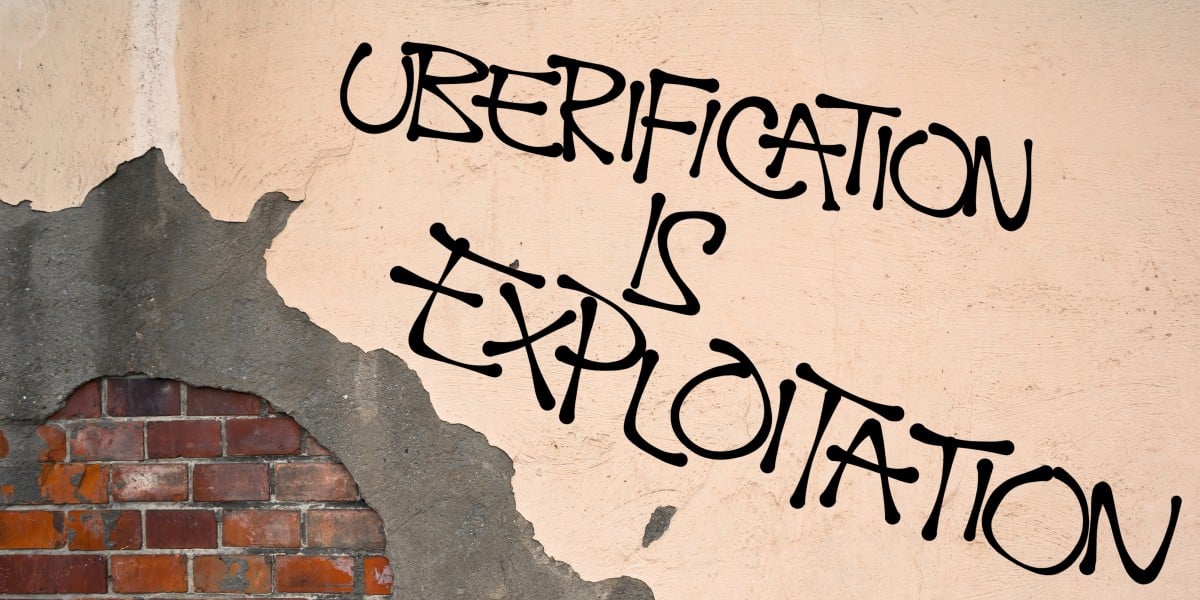











![What’s new in Android’s April 2025 Google System Updates [U: 4/21]](https://i0.wp.com/9to5google.com/wp-content/uploads/sites/4/2025/01/google-play-services-3.jpg?resize=1200%2C628&quality=82&strip=all&ssl=1)




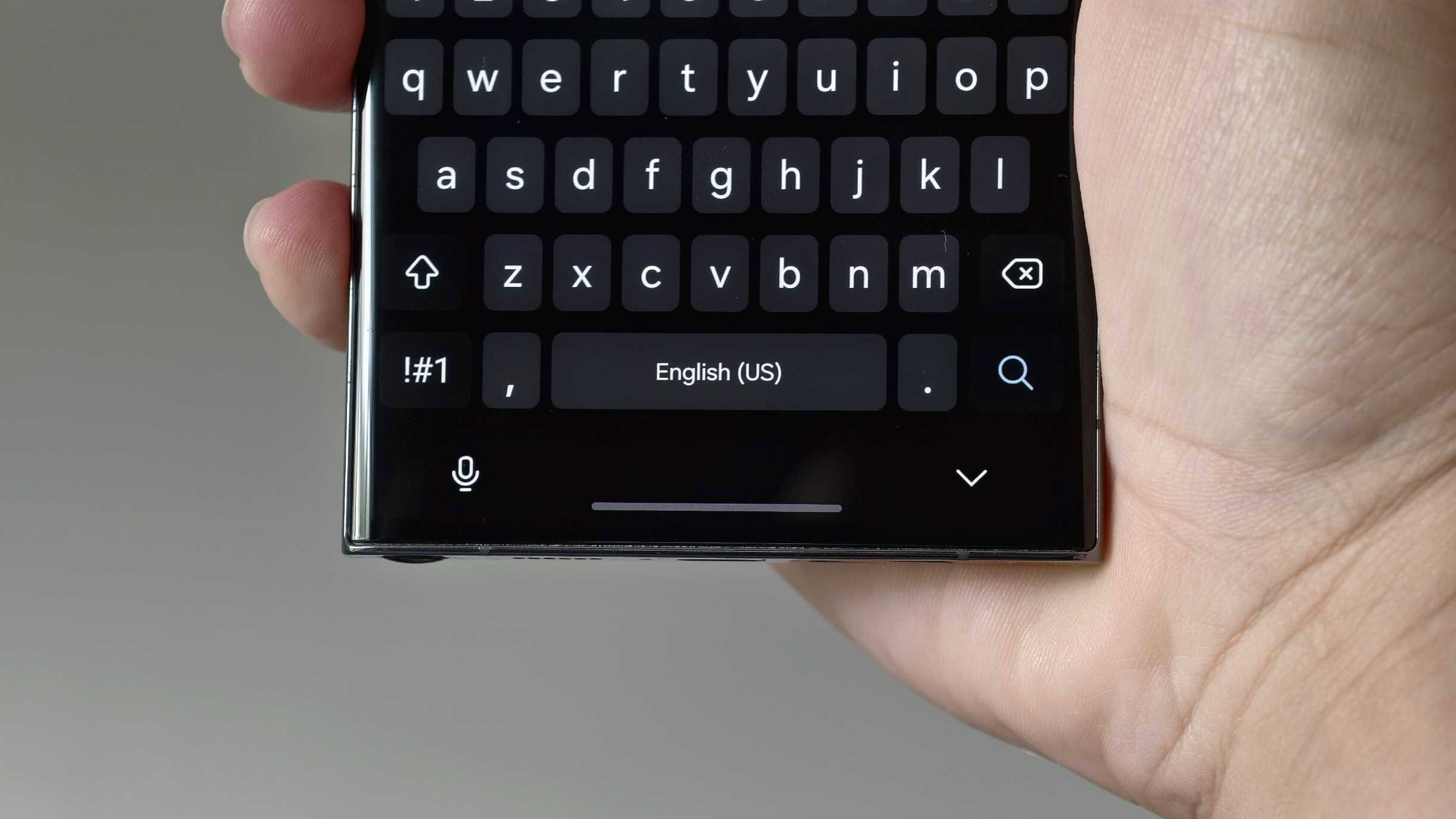
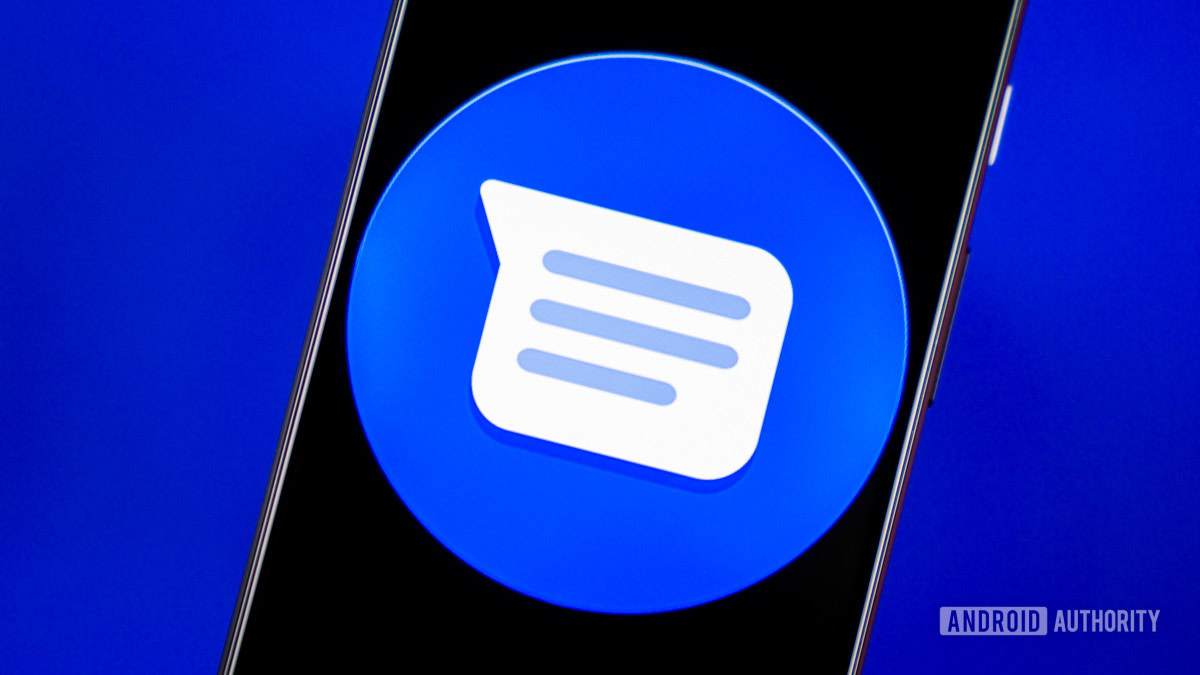
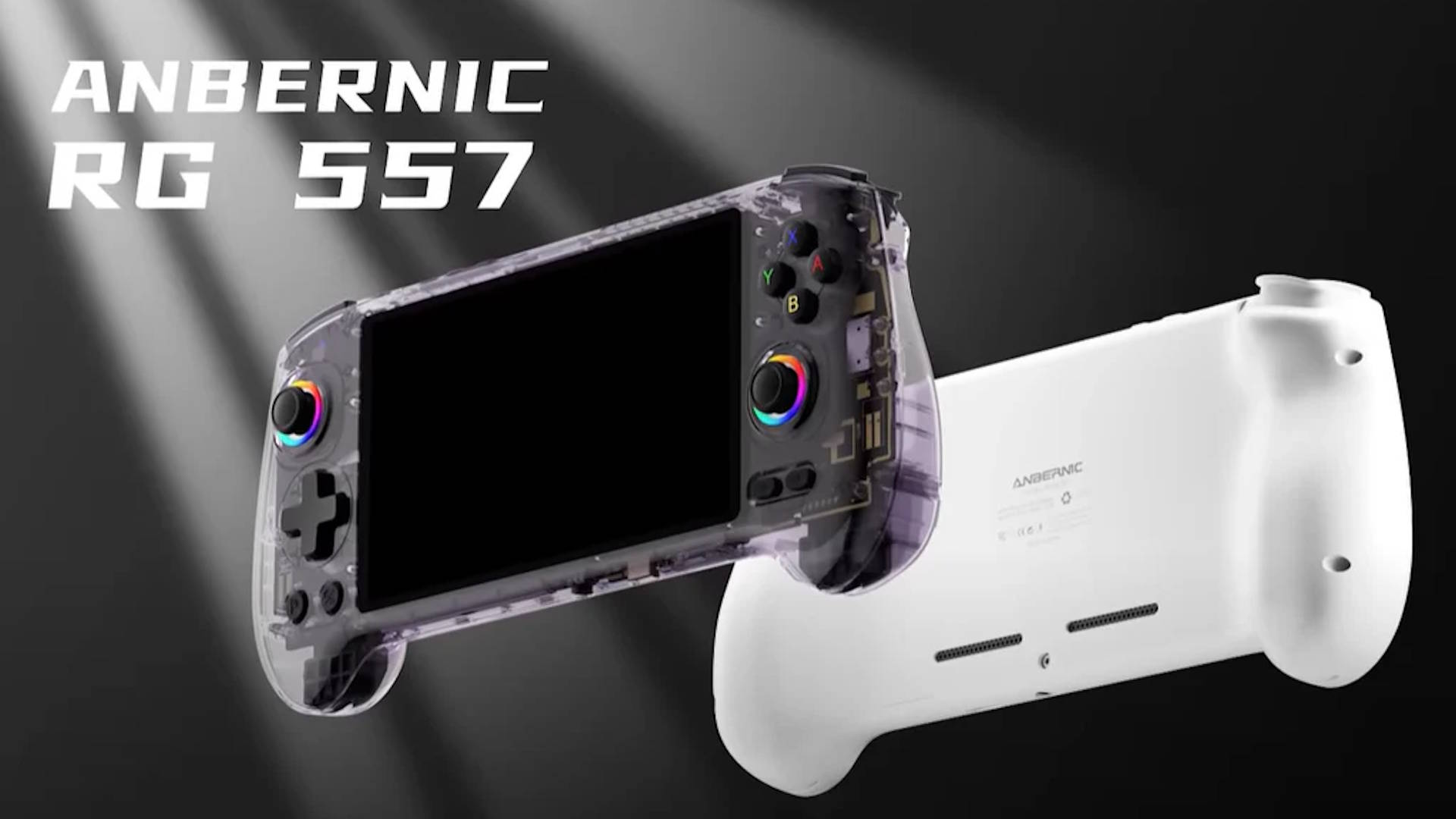
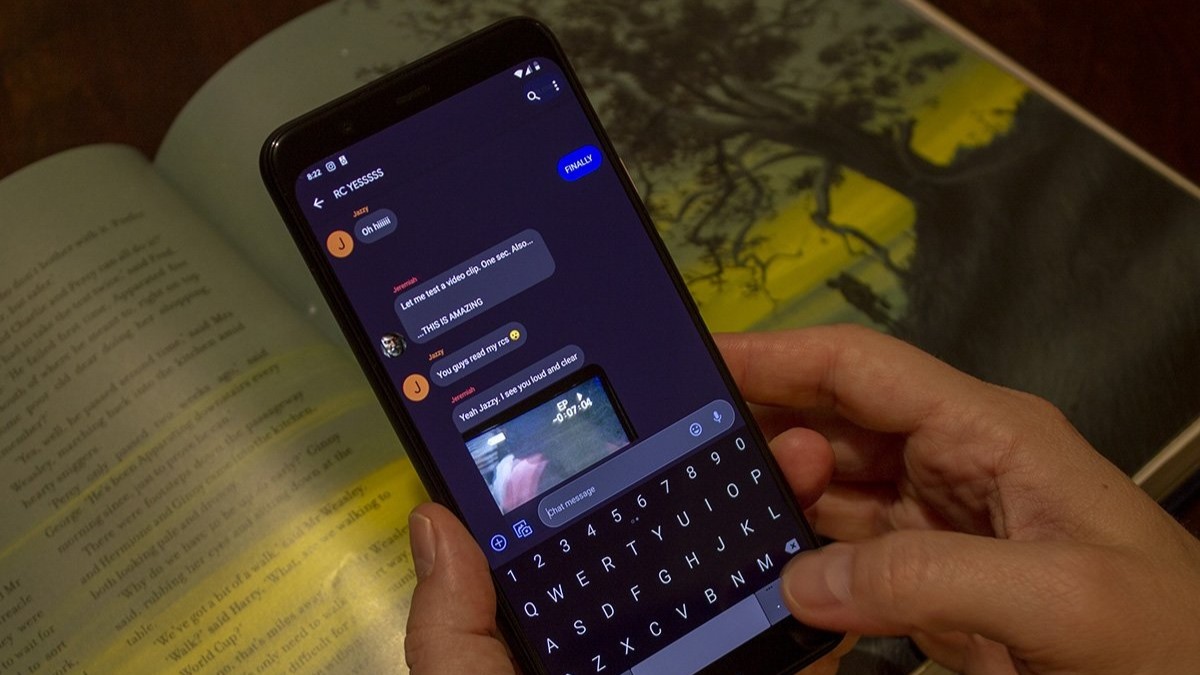
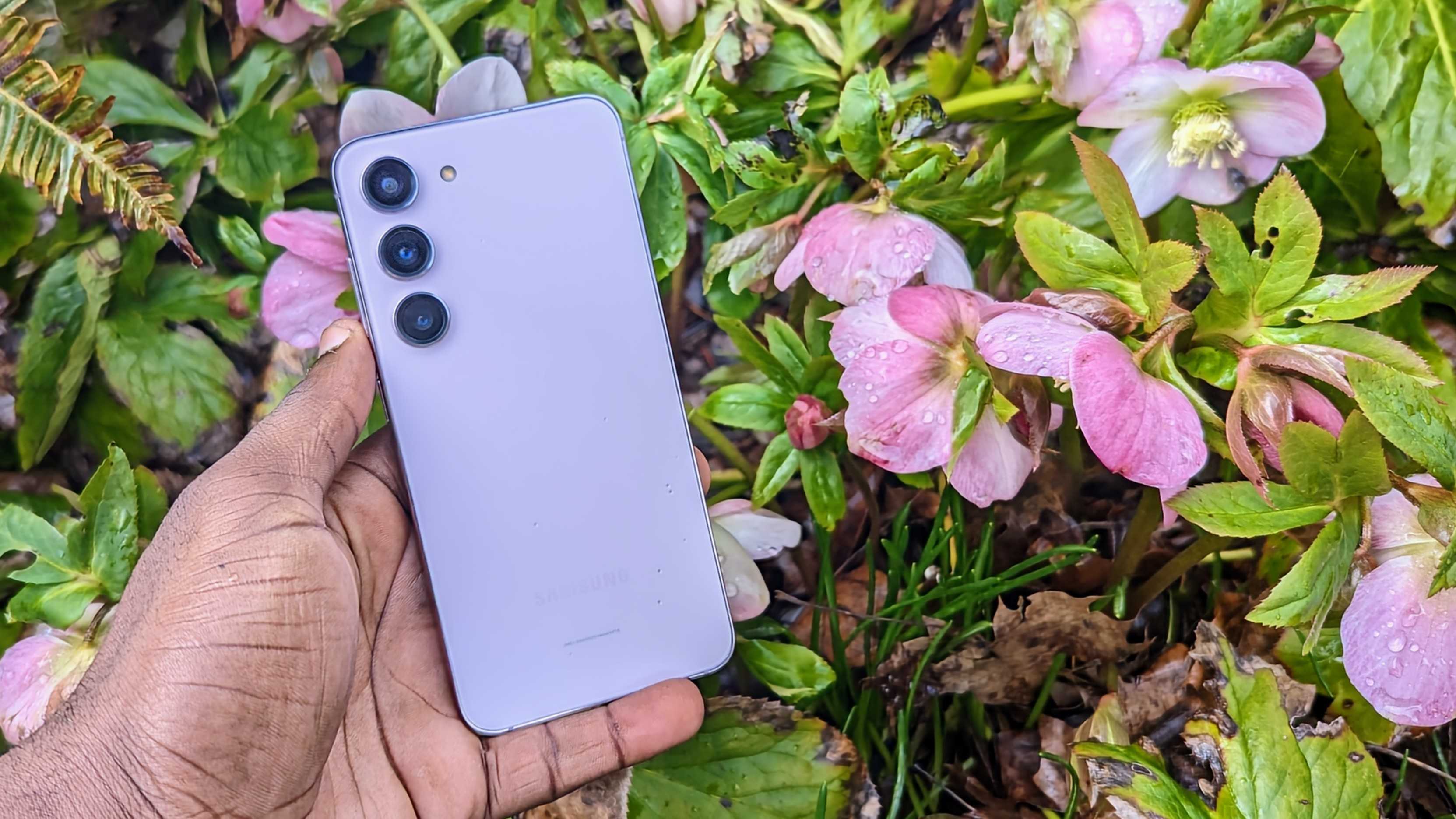
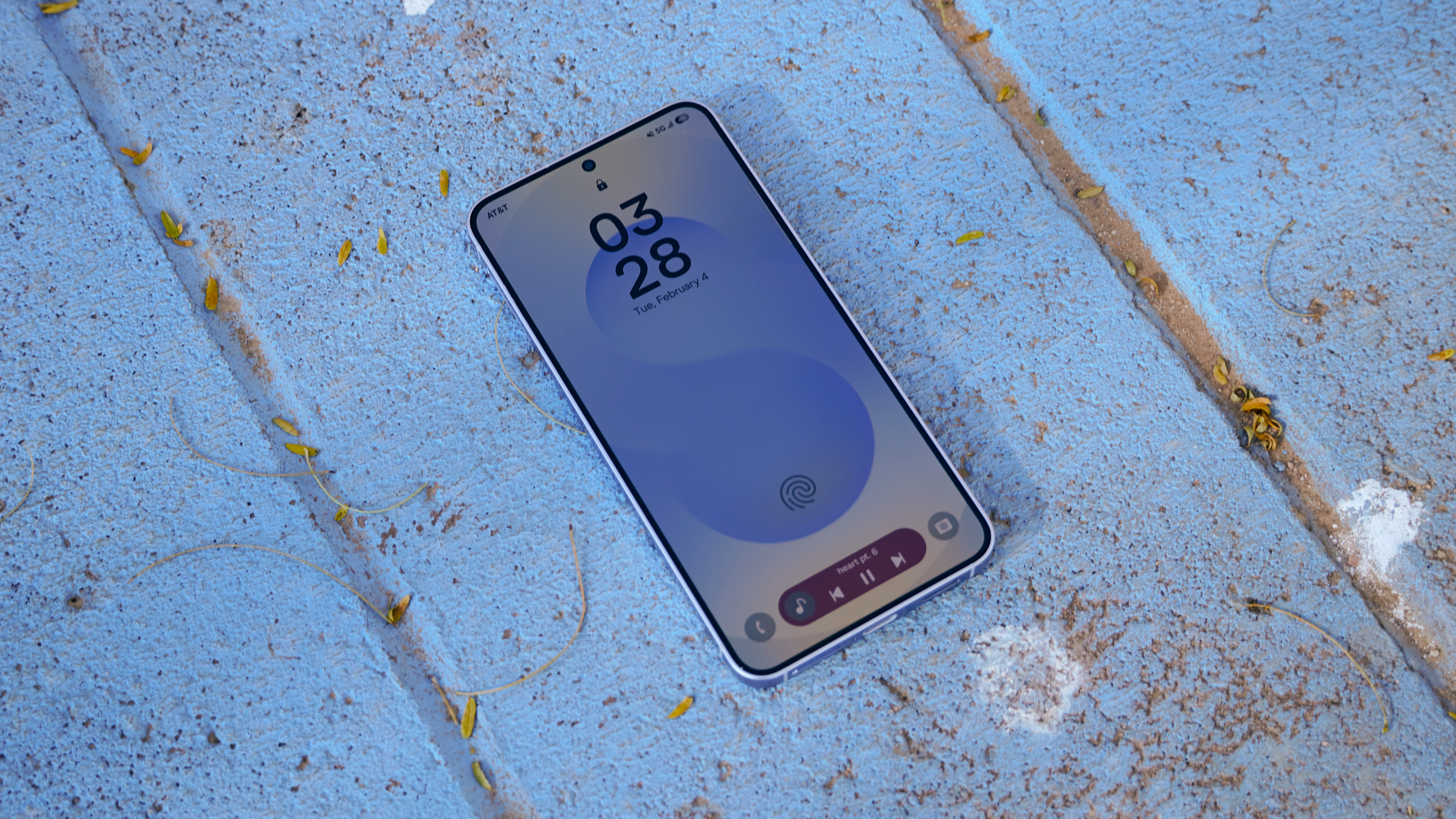
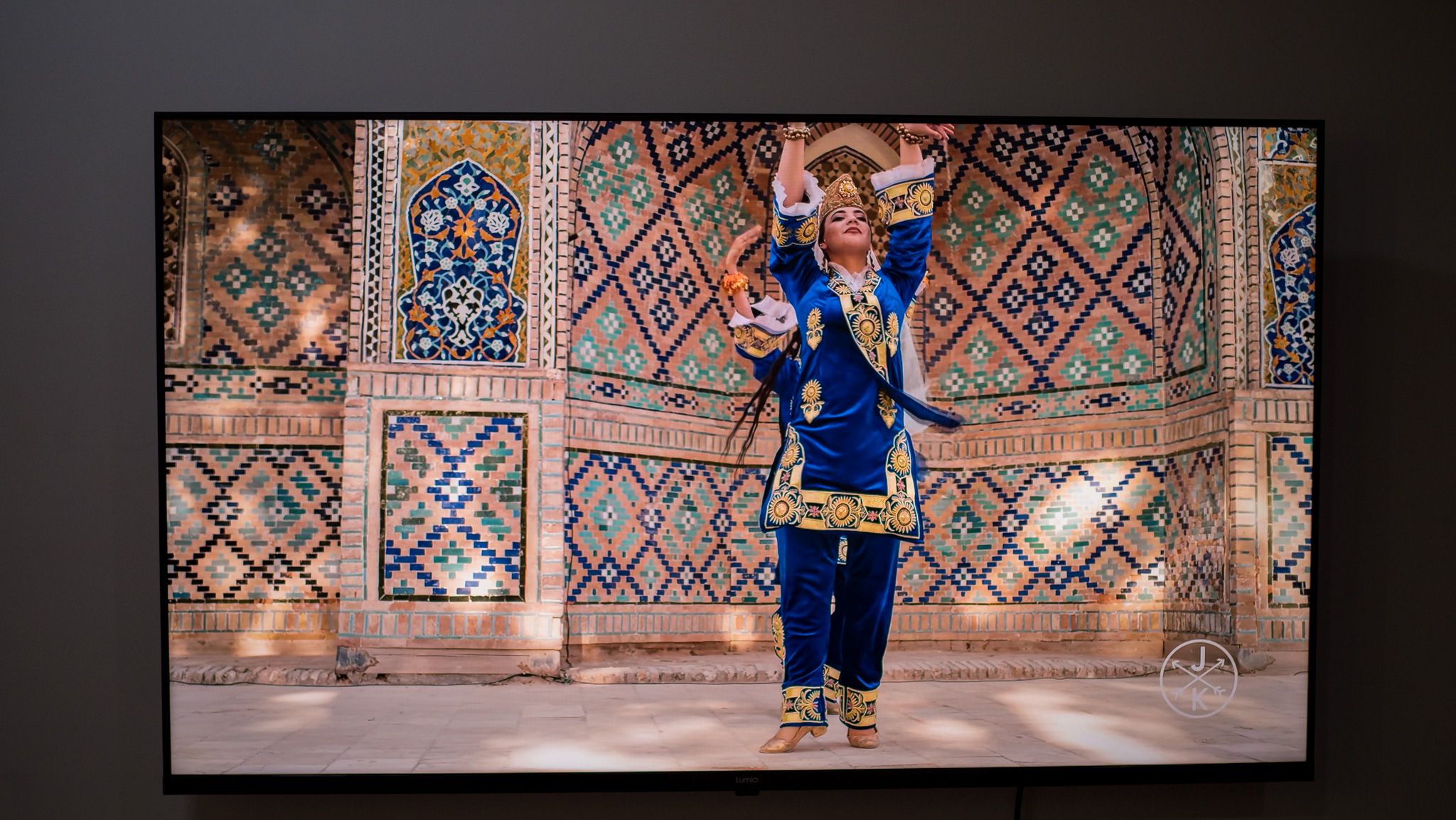

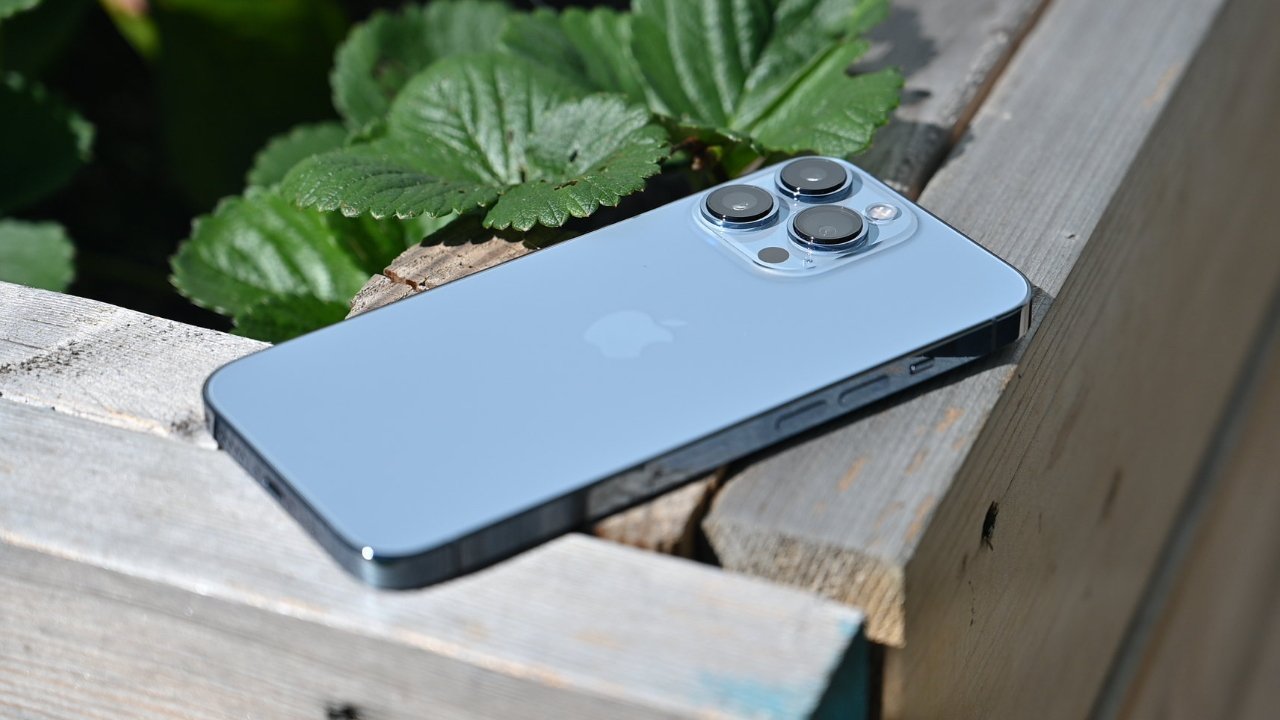




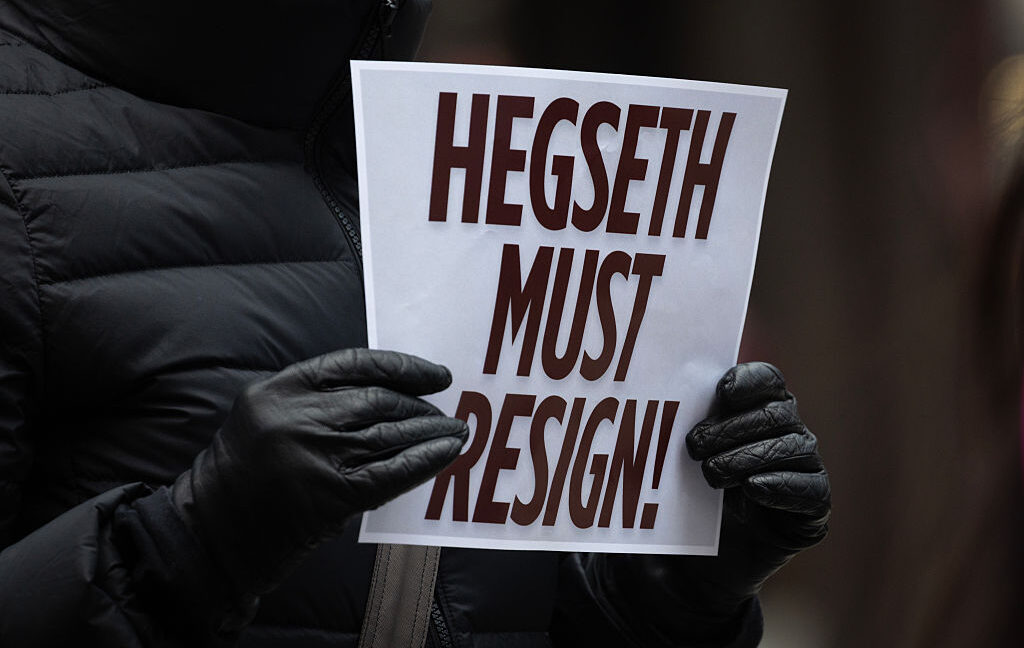























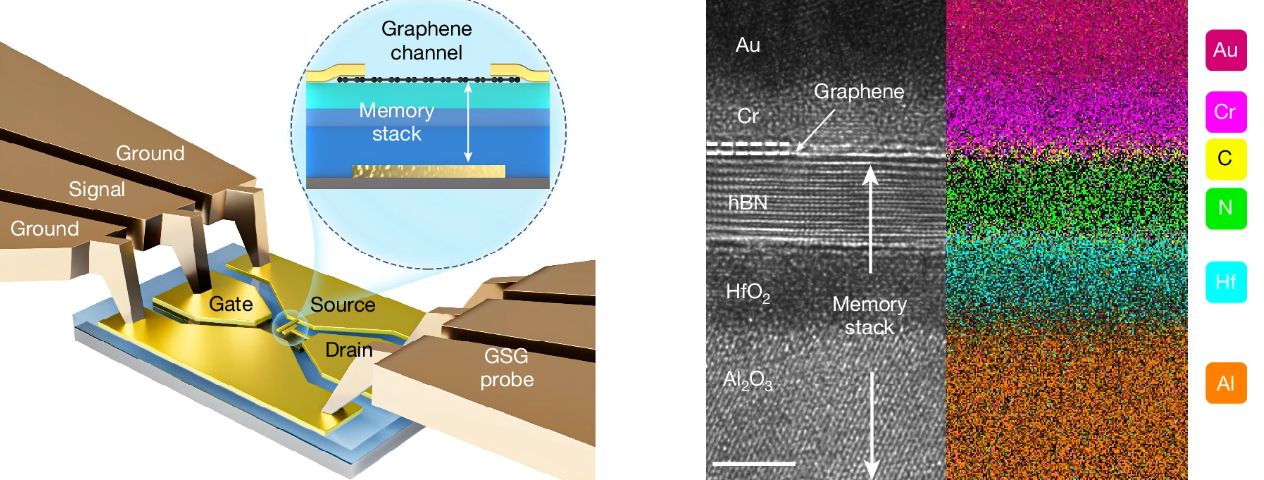
















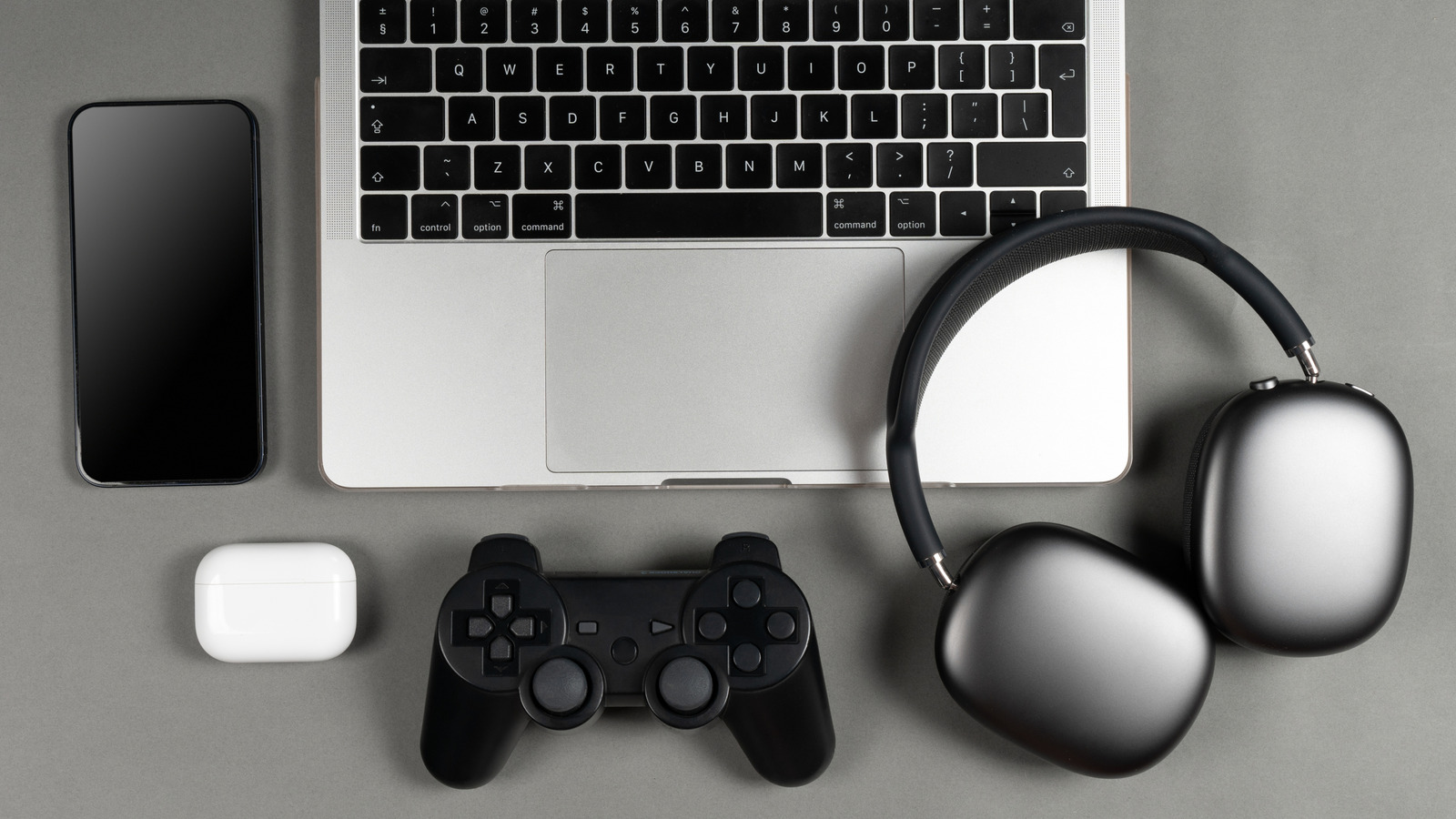

































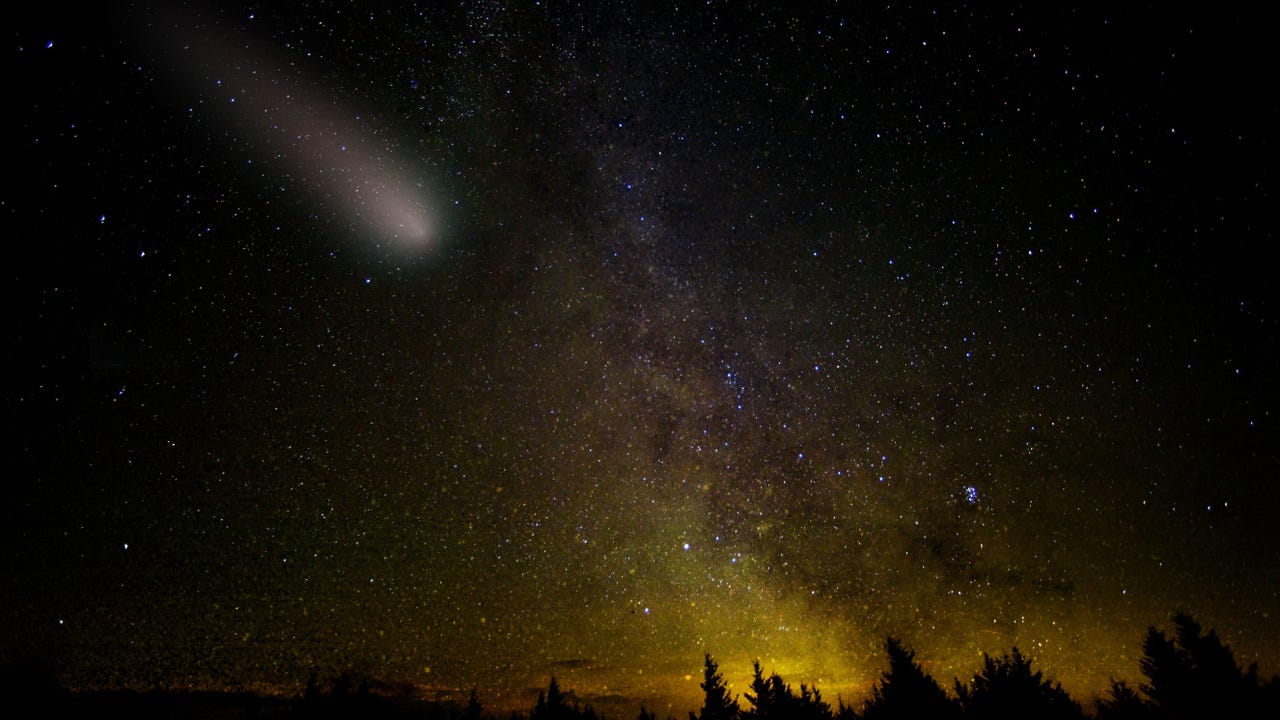

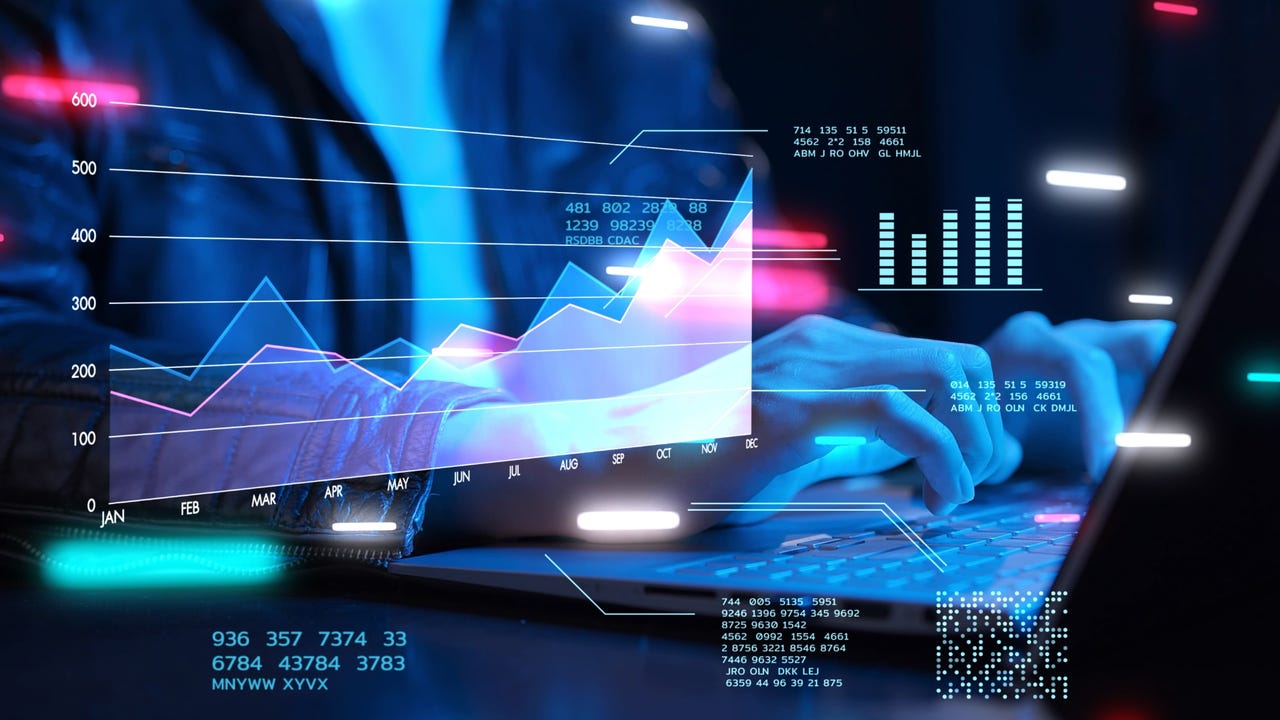





















































































![[The AI Show Episode 144]: ChatGPT’s New Memory, Shopify CEO’s Leaked “AI First” Memo, Google Cloud Next Releases, o3 and o4-mini Coming Soon & Llama 4’s Rocky Launch](https://www.marketingaiinstitute.com/hubfs/ep%20144%20cover.png)


























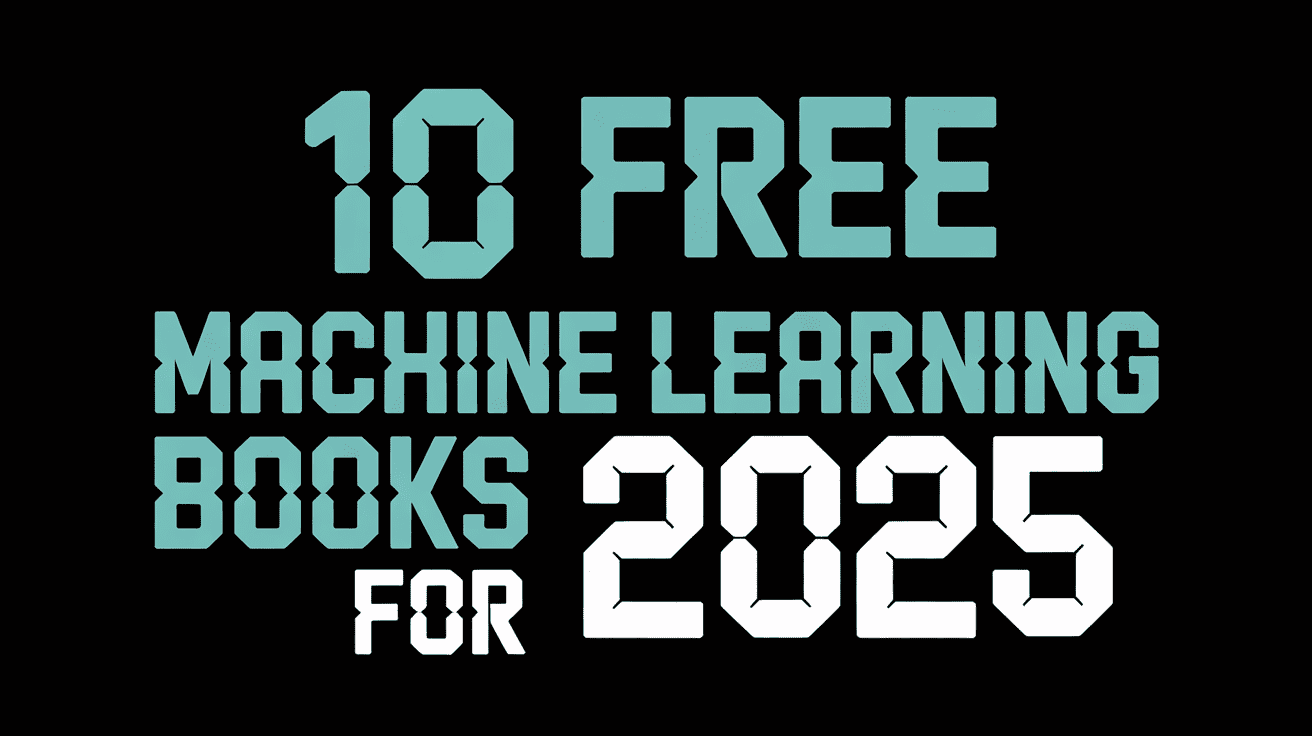


































































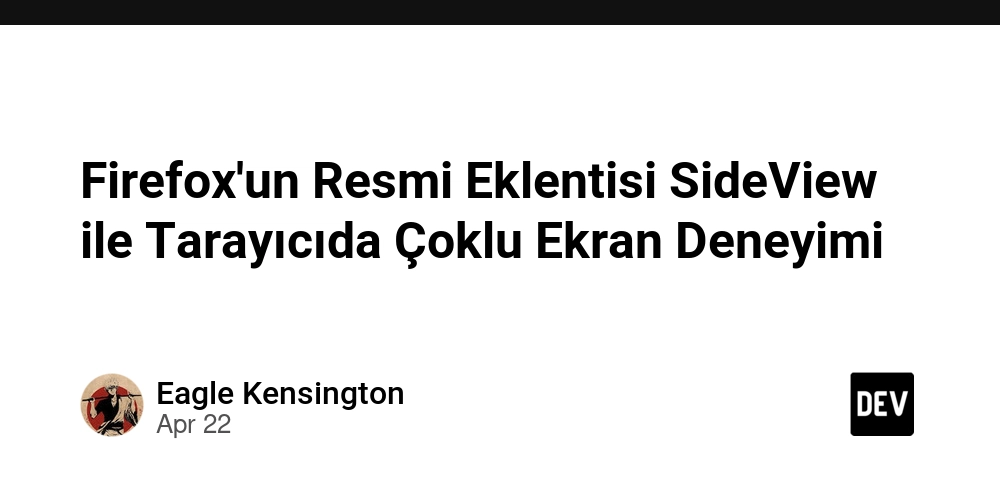
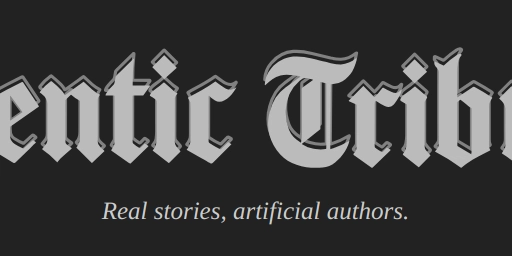
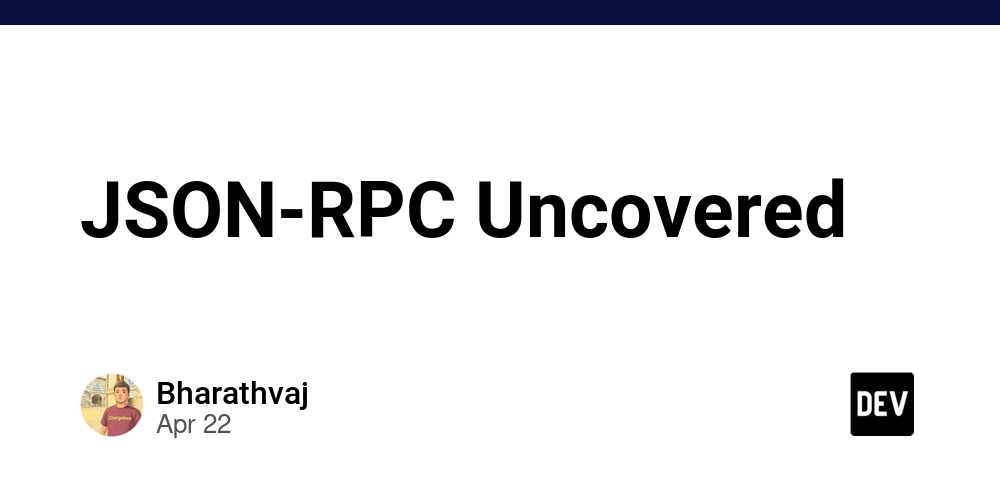
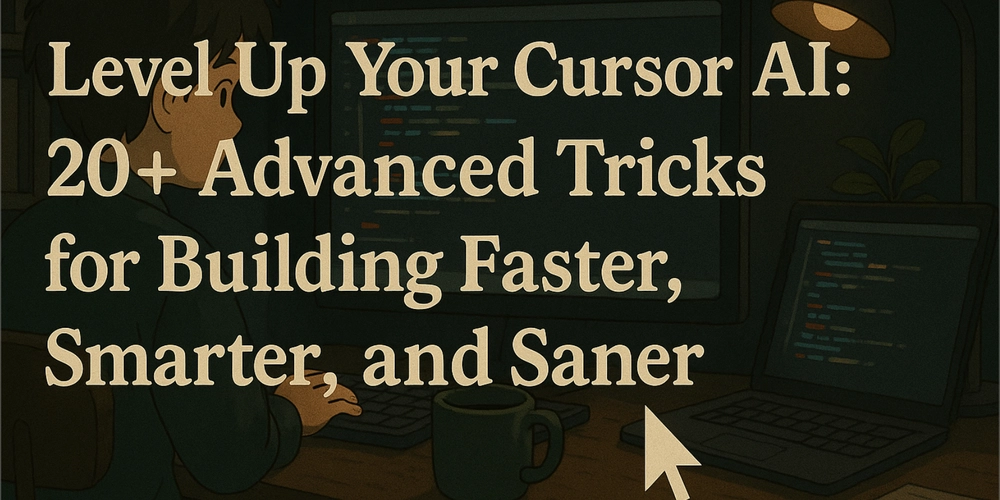





















![BPMN-procesmodellering [closed]](https://i.sstatic.net/l7l8q49F.png)

















![From fast food worker to cybersecurity engineer with Tae'lur Alexis [Podcast #169]](https://cdn.hashnode.com/res/hashnode/image/upload/v1745242807605/8a6cf71c-144f-4c91-9532-62d7c92c0f65.png?#)














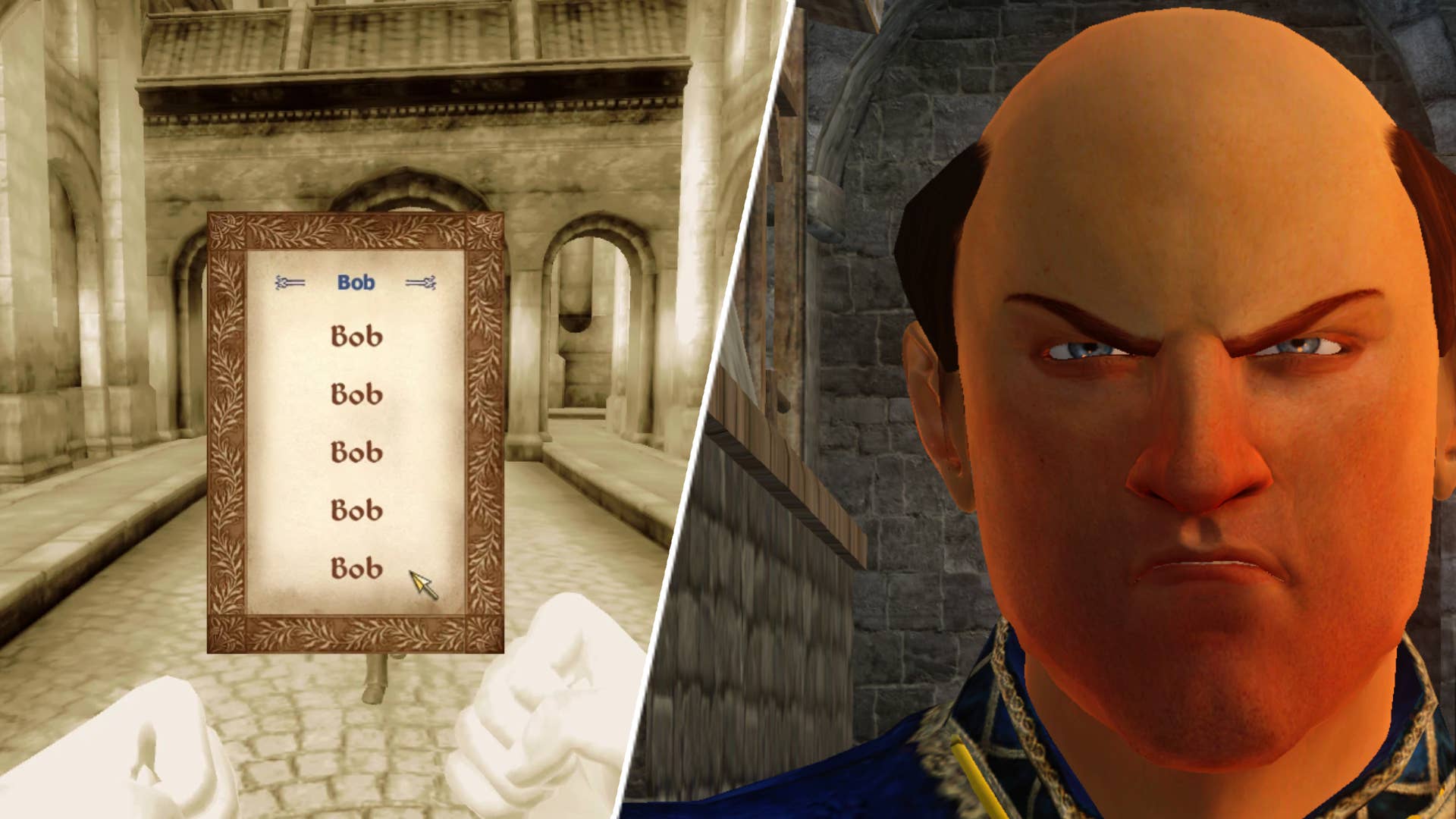
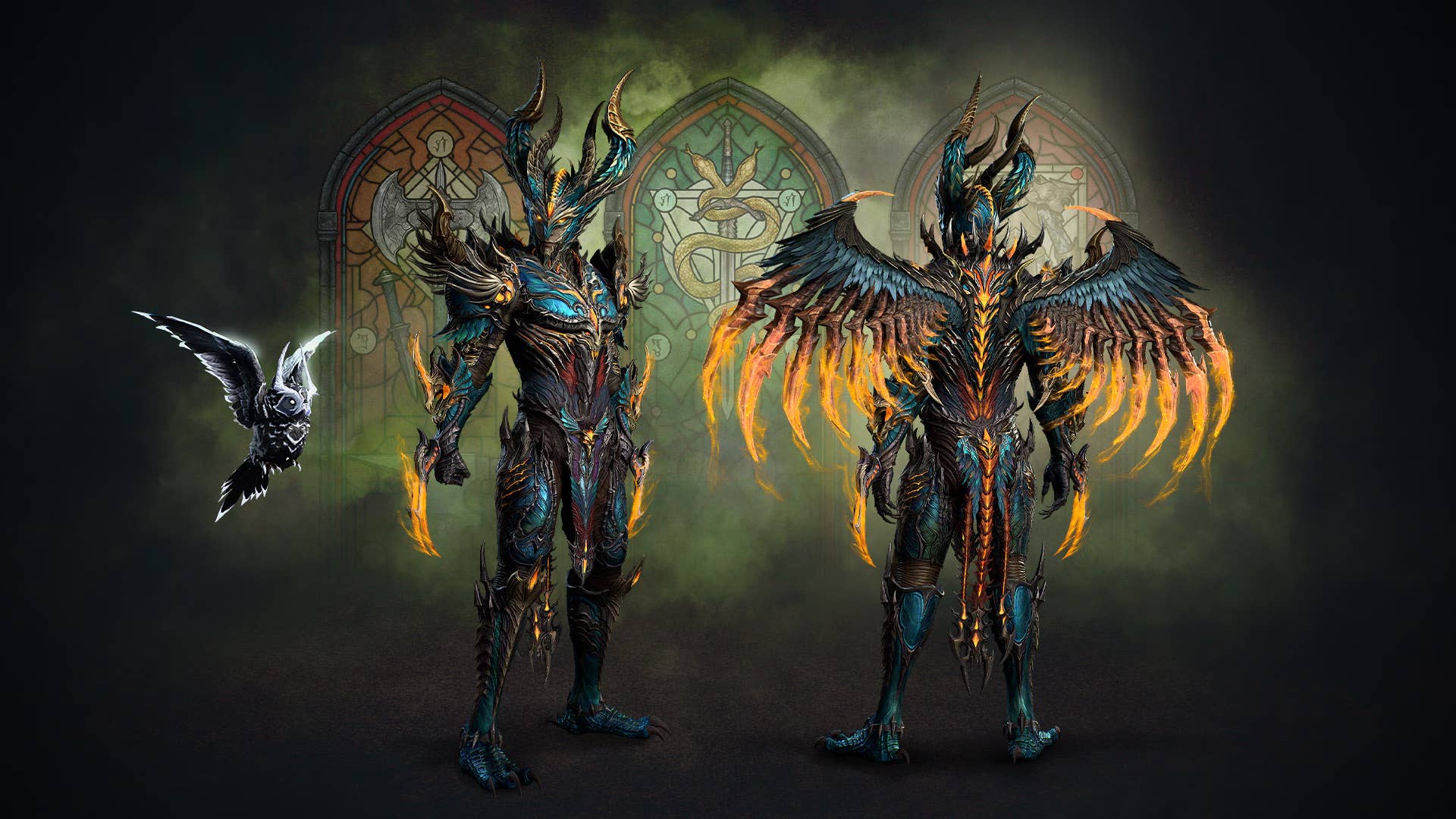























.jpg?#)
.jpg?#)












